Ludek's Blog About People Analytics
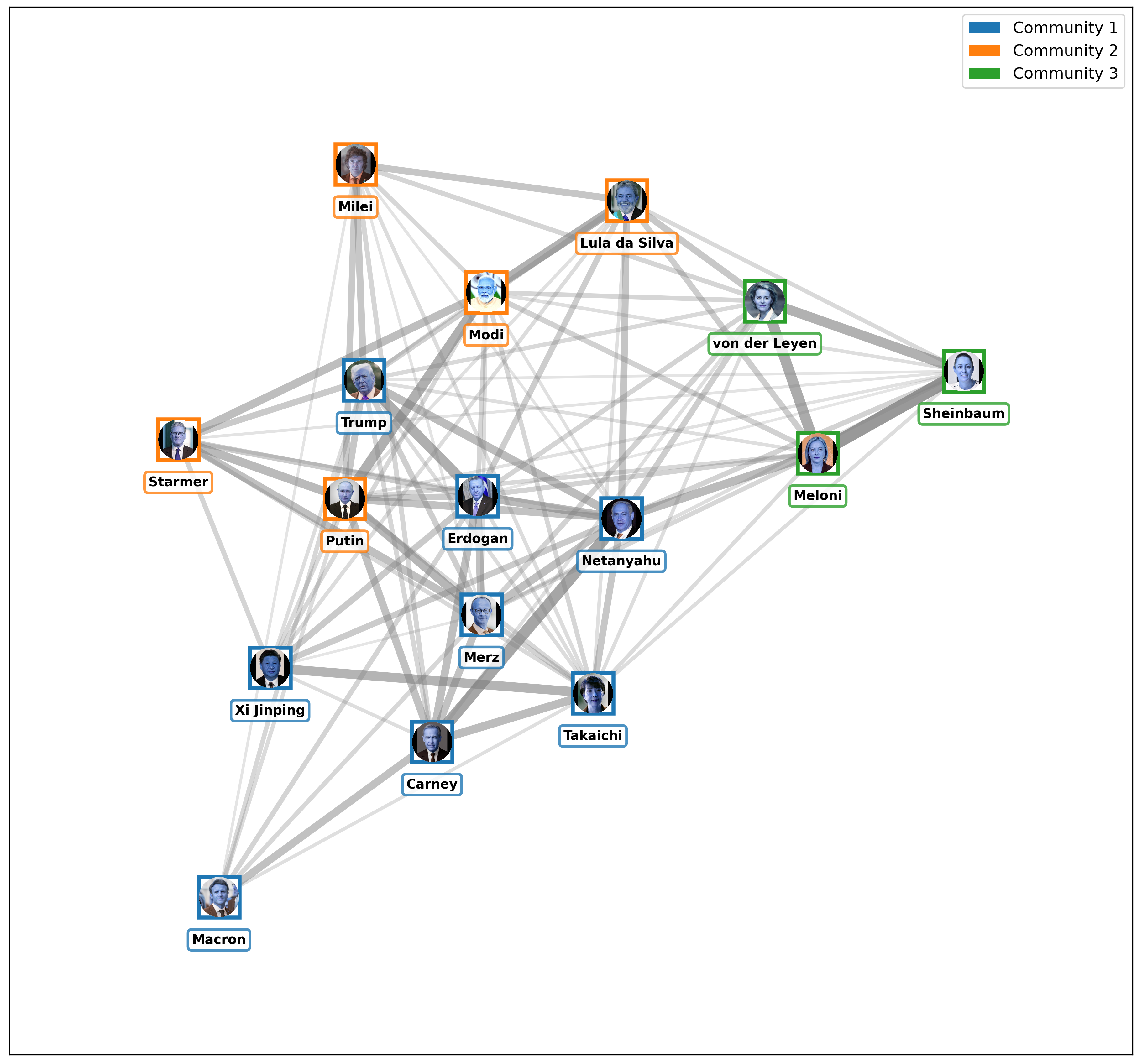
When facial similarity meets Network Science
A playful look at political lookalikes.

Loftus & Palmer 2.0: Replicating human bias in AI
Replicating 1974 psychology with 2025 technology. I tested GPT-5.1 and GPT-4.1 using the Loftus & Palmer "car crash" paradigm to see if verb intensity biases speed estimation. Did the effect replicate? The short answer: Yes. The long answer: It’s a little bit more complicated.
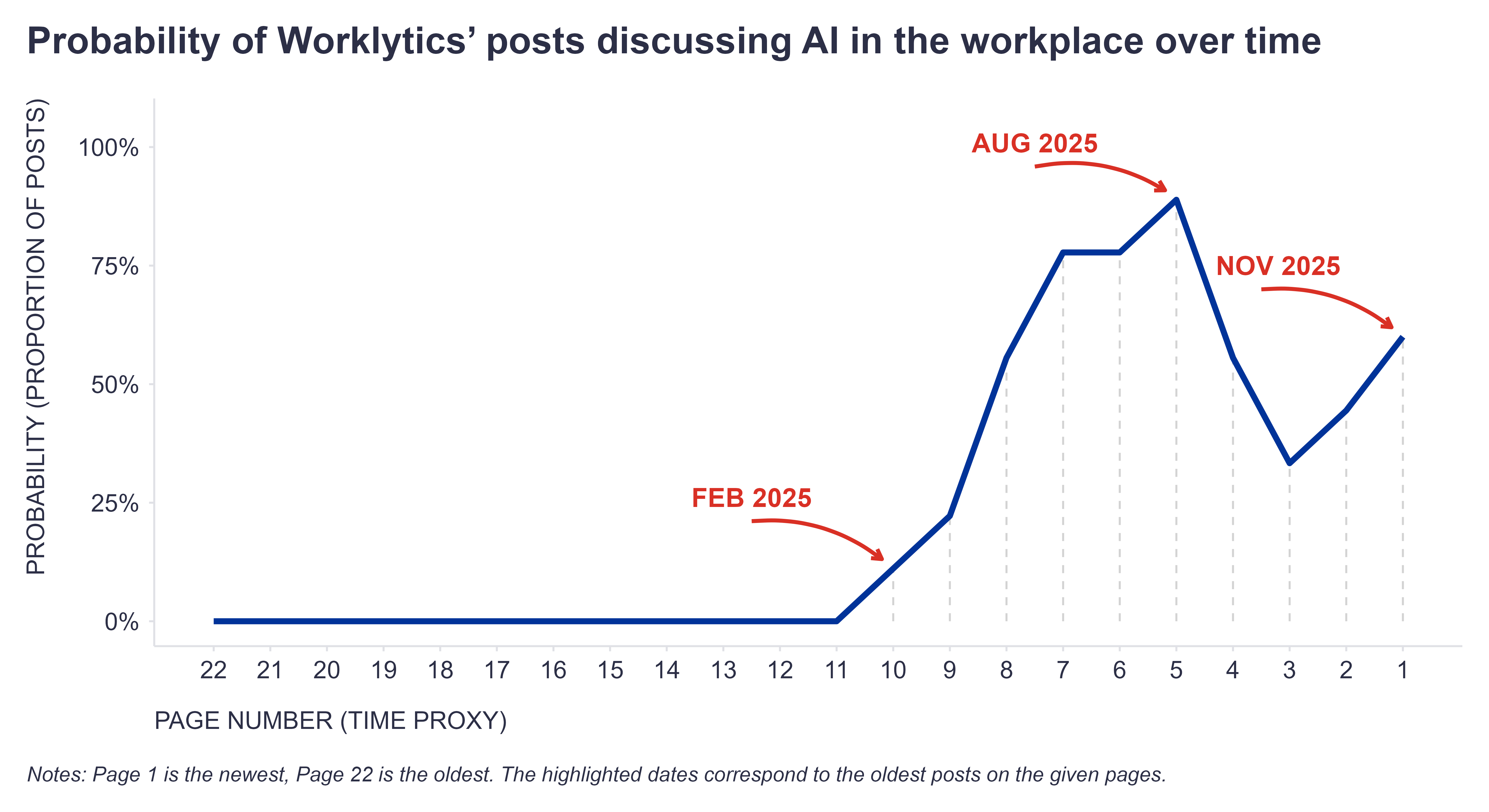
How AI is reshaping HR-tech
Tracing one concrete example of AI’s growing influence in HR-tech.
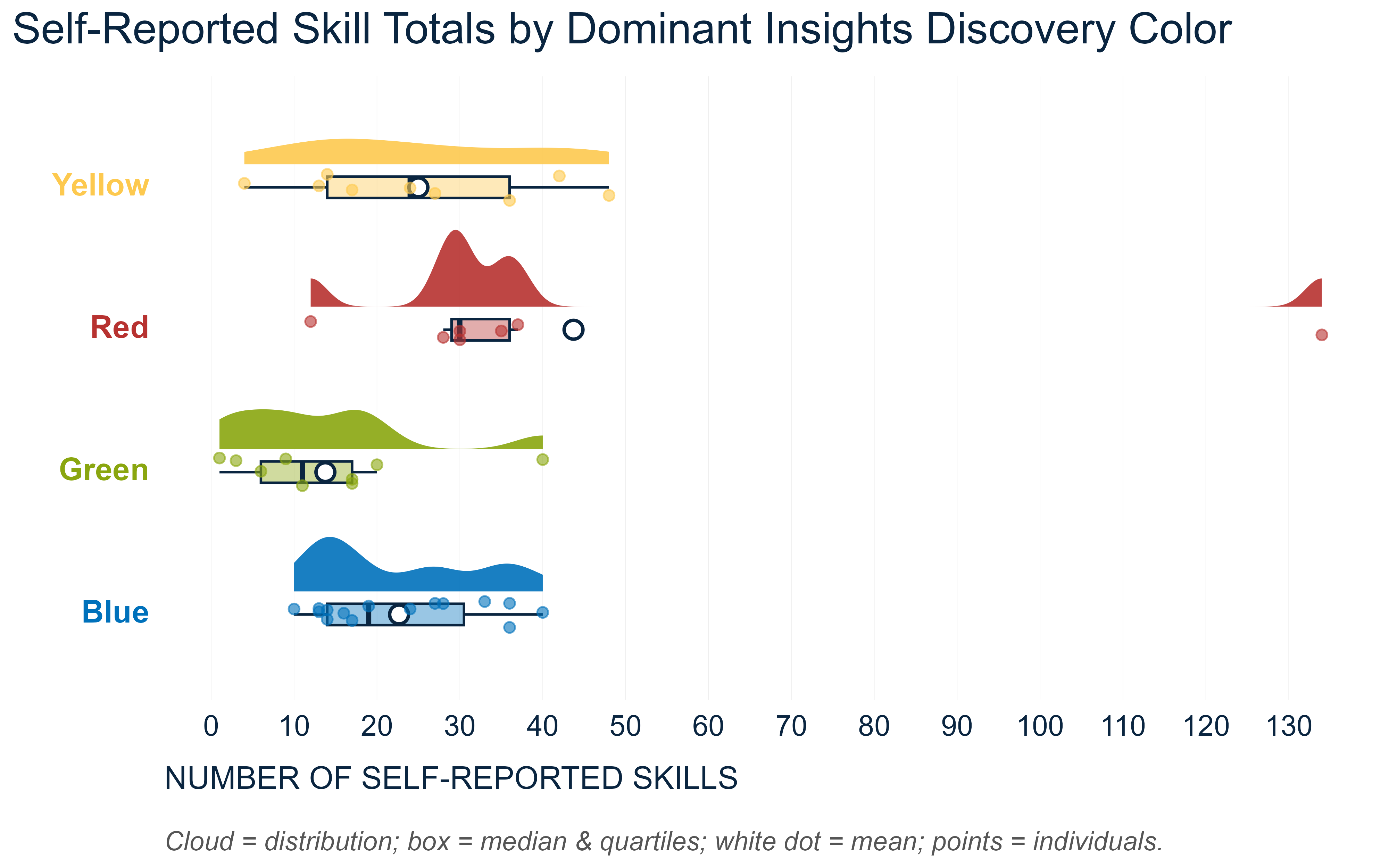
Do Insights Discovery ‘colors’ relate to self-reported skills?
A mini validity check from a curious data dive.

Making talk cheap: How GenAI may disrupt labor-market signalling
About a super interesting recent study by Silbert & Galdin (2025) - "Making Talk Cheap: Generative AI and Labor Market Signaling" - that examines how LLMs are altering the economics of hiring.

A graph approach to reporting structures: stop wrestling recursion
About a cleaner, faster way to compute some org metrics.
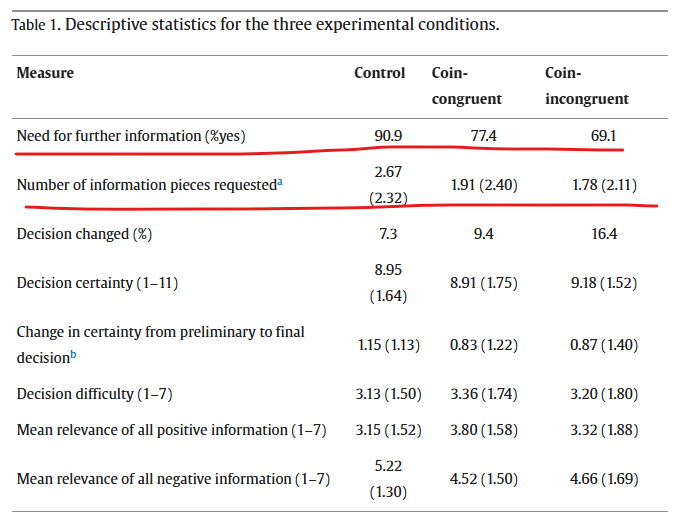
Can a simple coin flip help you decide and avoid overanalyzing?
We all, at least occasionally, find ourselves stuck between two options - endlessly weighing the pros and cons, searching for additional information, or asking everyone around us for advice.
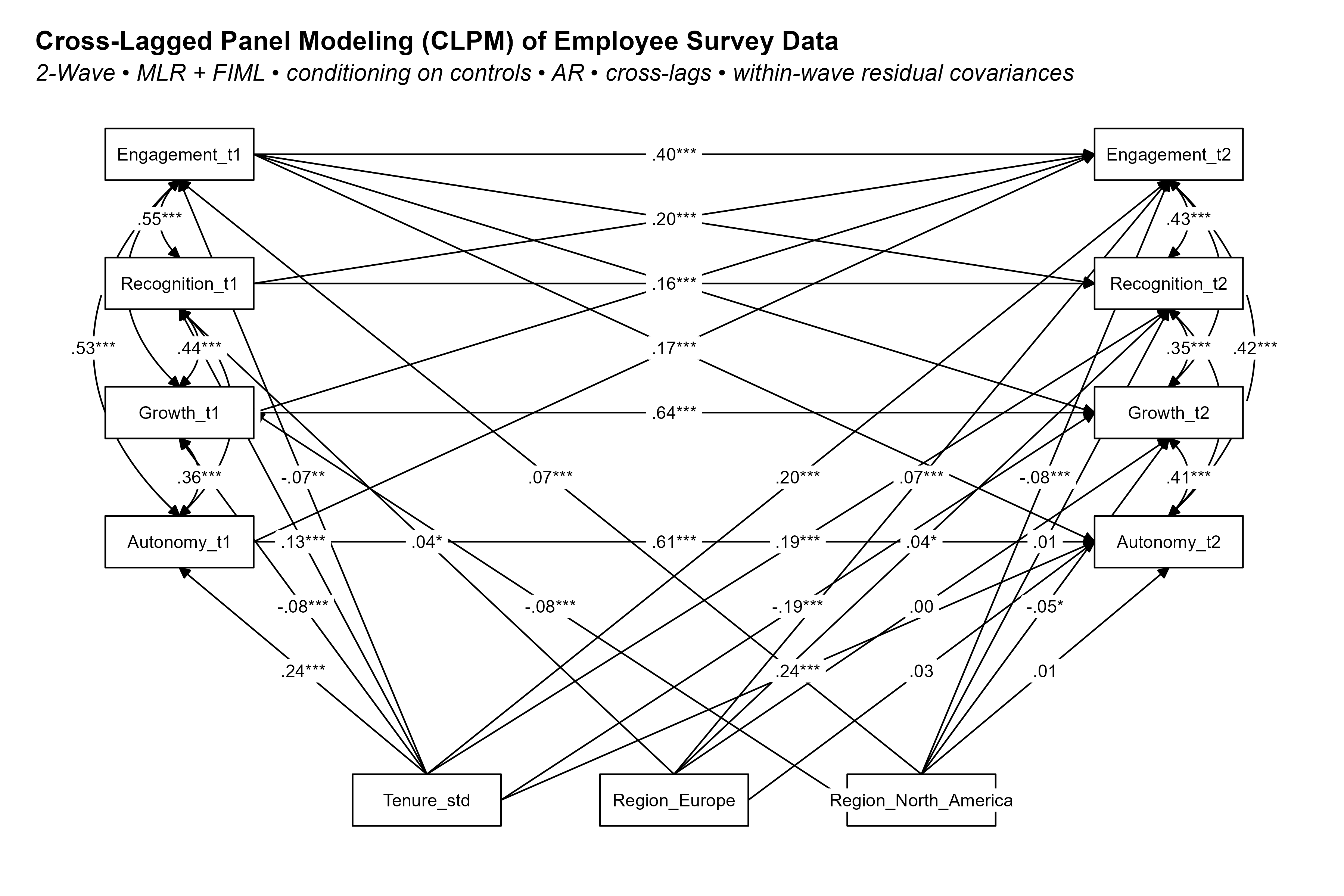
Getting (more) causal insights from employee survey data (without an RCT)
While I was recently in the middle of processing our annual employee survey data, I started thinking about how to make the analysis results even more actionable and impactful.

Big consultancies in the skills semantic space
A quick experiment showing how transformer-based embeddings can reveal the semantic identity of major consulting firms within a skill taxonomy.
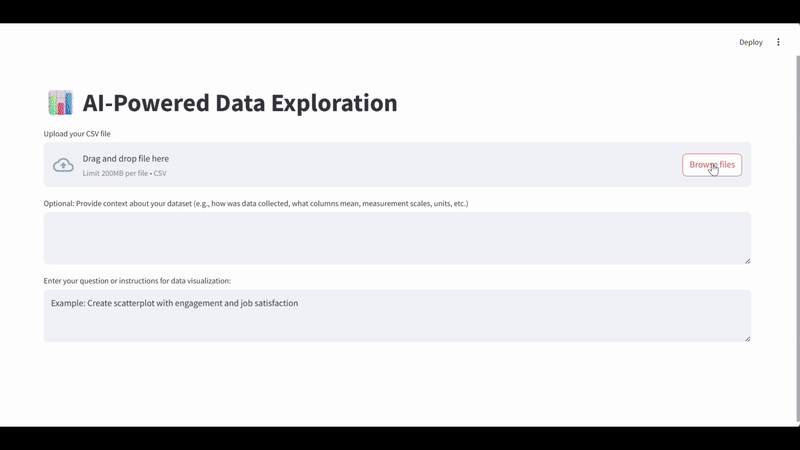
Testing my GenAI skepticism
About my hands-on test of agentic AI in data analysis.

Conspiracy theories as a specific example of overfitting?
An interesting perspective on the nature of conspiracy theories, in the spirit of the book 'Algorithms to Live By' from Brian Christian and Tom Griffiths.
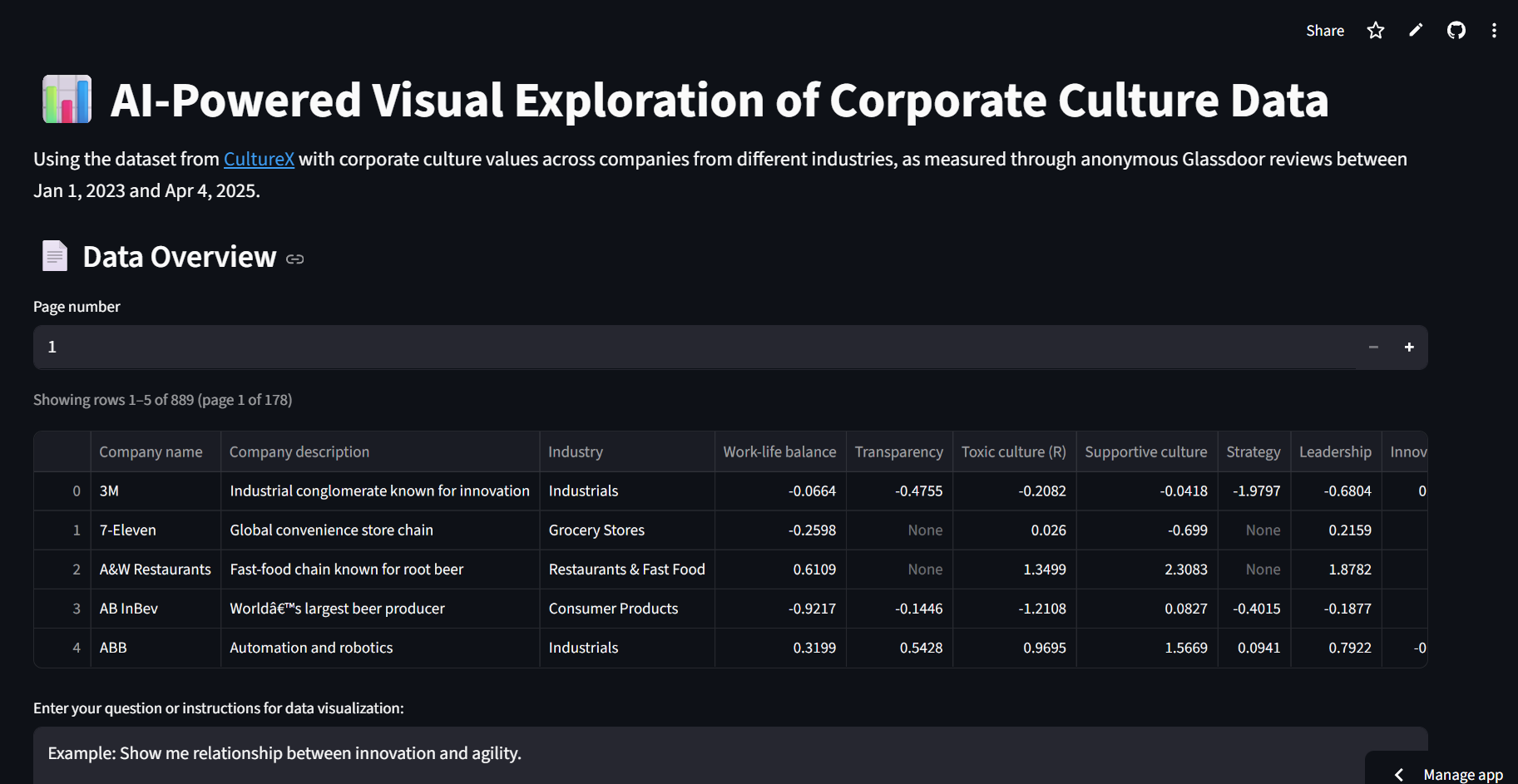
Agentic AI for visual data exploration
For those who might be interested, I'm sharing an output from my experimentation with agentic AI frameworks like LangChain and LangGraph in the context of data insights democratization.

Can genAI help people managers lead better?
Sharing results from testing genAI’s leadership judgment.

The hidden trade-offs in corporate culture?
Exploration of the CultureX data on corporate culture using psychometric network analysis.
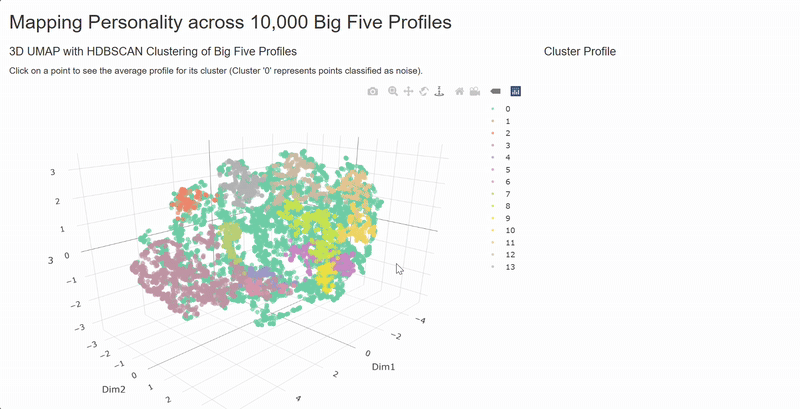
Dimensional Traits vs. Personality Types
Sharing an interactive dataviz showing why cramming the complexity of personality into a few types just doesn’t work.
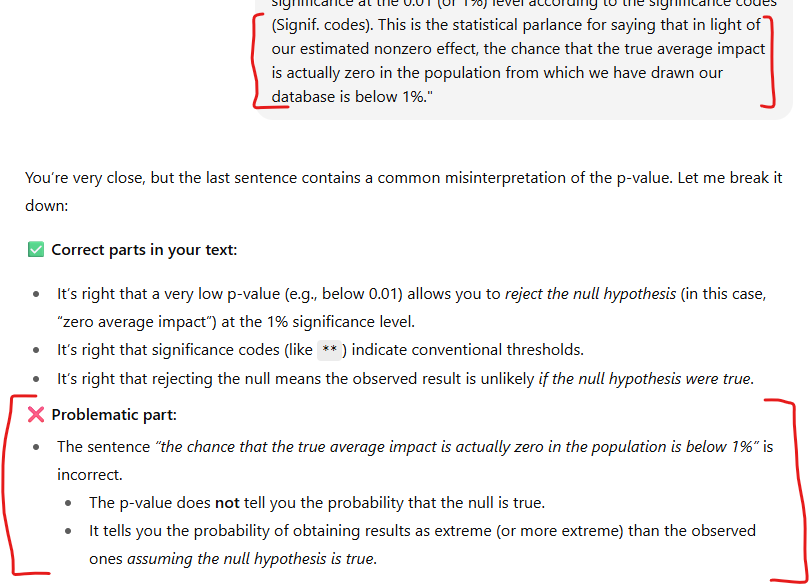
When to forgive, when to close the book
A short rant-ish post about trust, mistakes, and knowing when to stop reading.

Big Five vs. HEXACO
Is one of them actually better at predicting work behavior?

Want to maximize your impact as a leader?
Forget the CEO chair and become a sports coach or a politician in an autocracy instead 🙃
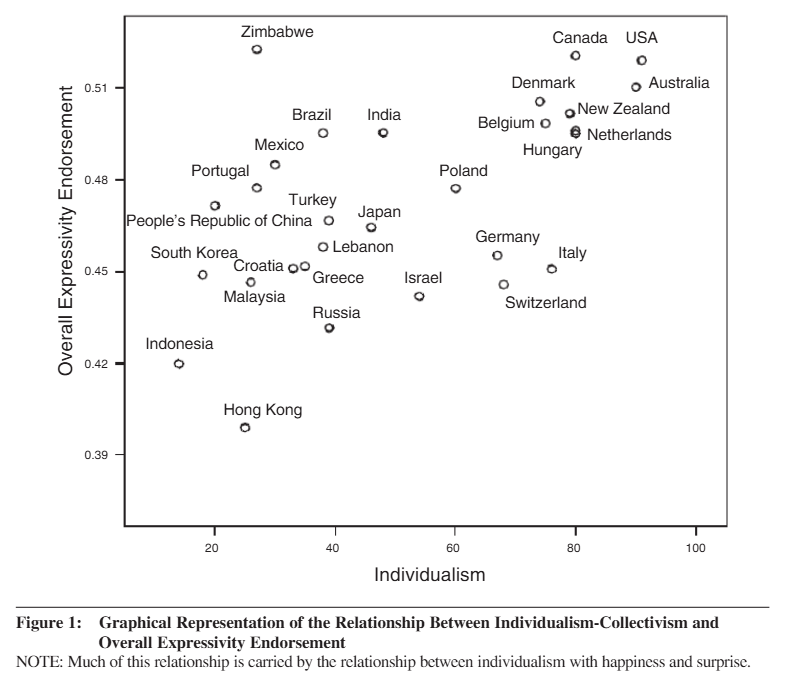
Adjusting priors on your “emotional radar” for smoother cross-cultural encounters
On interesting research that may come in handy during summer vacations abroad.

Tracking talent moves in the (in)famous 9-box grid over time
Crowdsourcing ideas for effective ways to visualize talent moves in the 9-box grid over time.
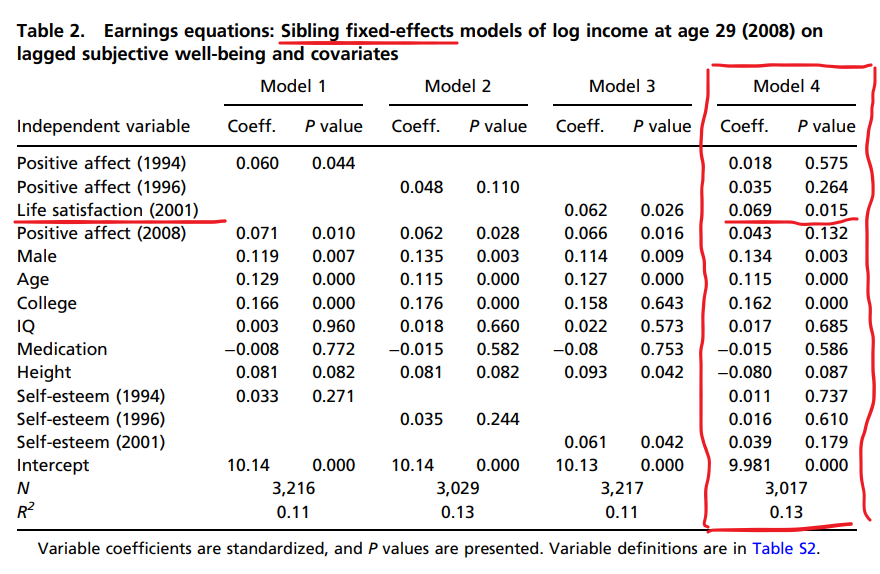
Happy today, richer tomorrow?
☀️ As many of us now take a summer break to recharge and boost our happiness, here’s some good news: it might even pay off financially 🤑
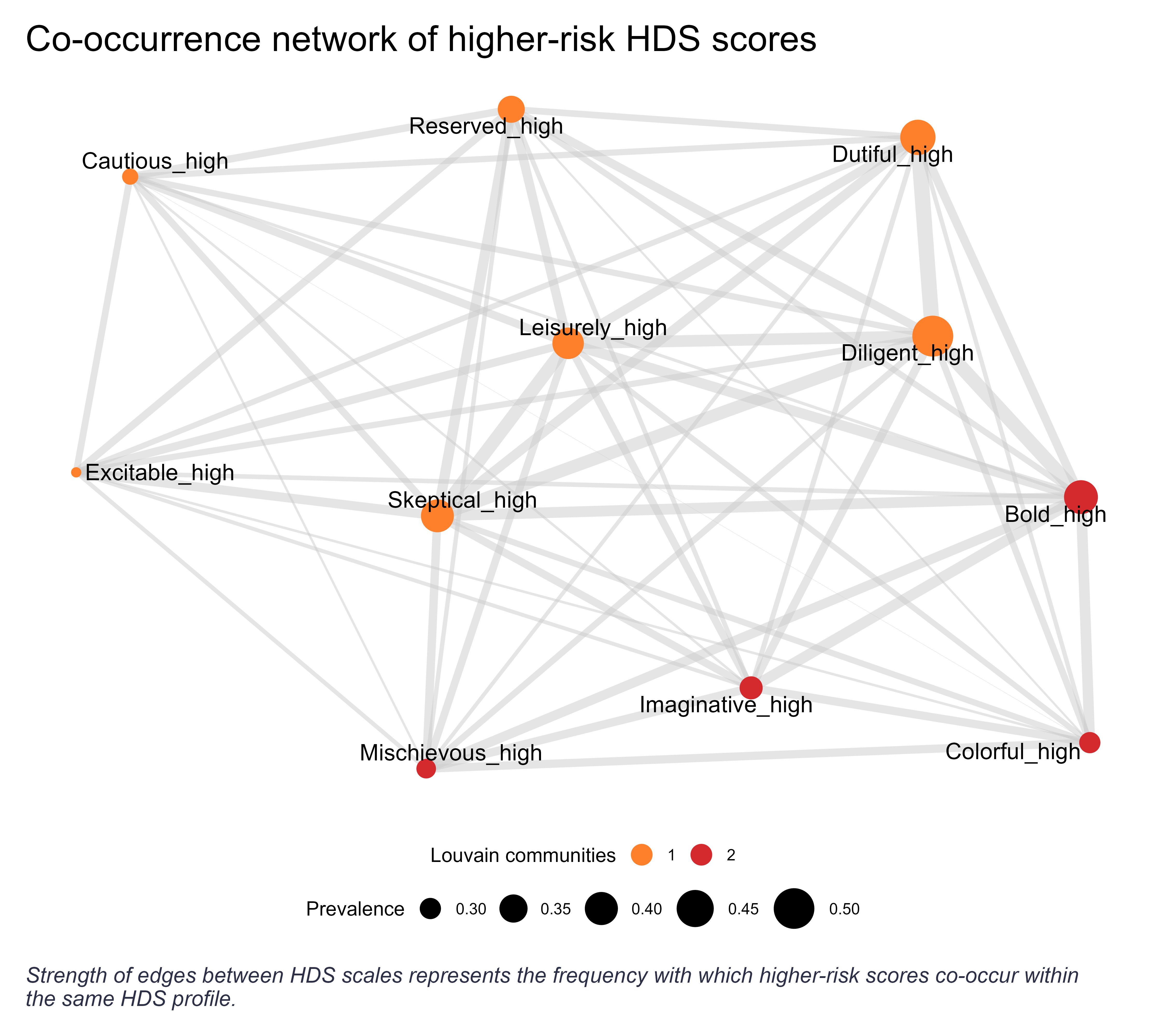
How personality risks co-occur?
Some highlights from exploring a larger sample of Hogan Development Survey data.

What does a typical people manager value chain look like?
Sharing a working draft of a people manager value chain—mapping how specific manager actions drive people outcomes, team performance, and ultimately business results. Feedback and suggestions welcome 🙂
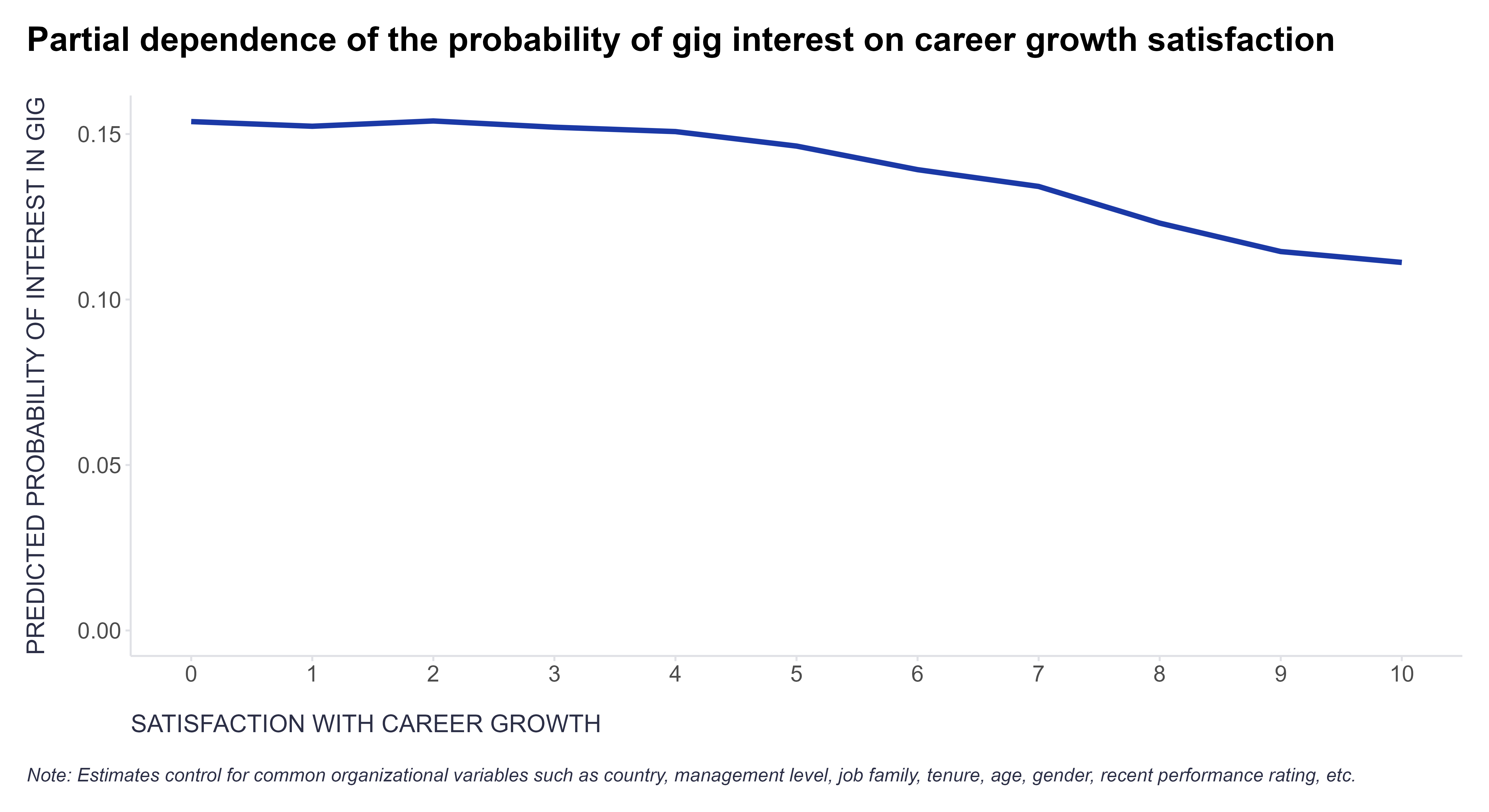
When self-selected behavior is a blessing, not a headache
Self-selection as a measurement opportunity?

Are you crazy enough and in the right way to fit the craziness required by your job?
Listing some key takeaways from an insightful article by Adam Mastroianni on job fit.

Using Doppelgänger for career pathing?
Exploring an idea around using counterfactual and hypothetical scenarios to help employees navigate their career options.
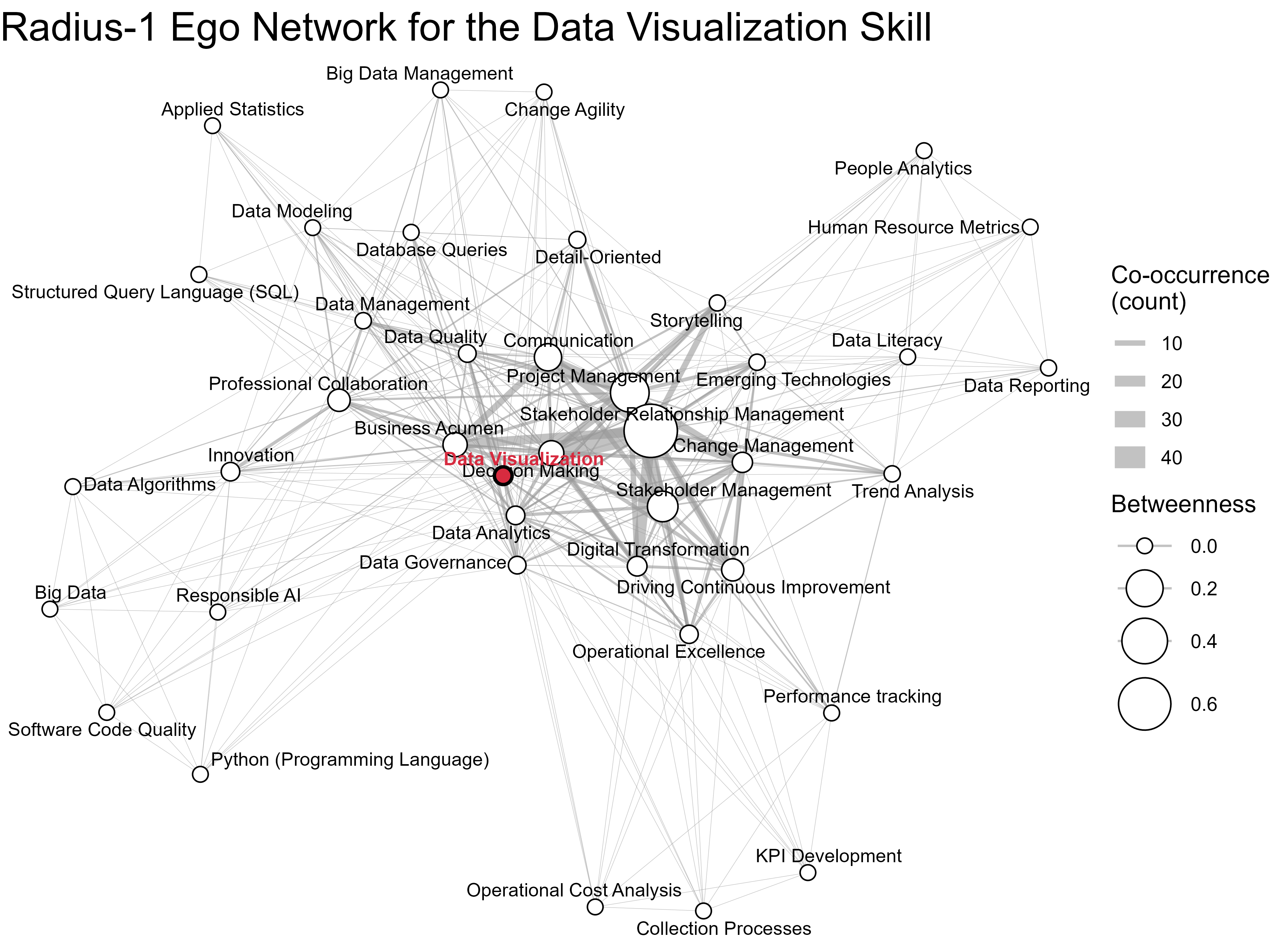
ONA as a tool for exploring the skill space in your company?
As we move toward a skill-based organization at Sanofi, it prompted me to think about new opportunities for applying Organizational Network Analysis (ONA).
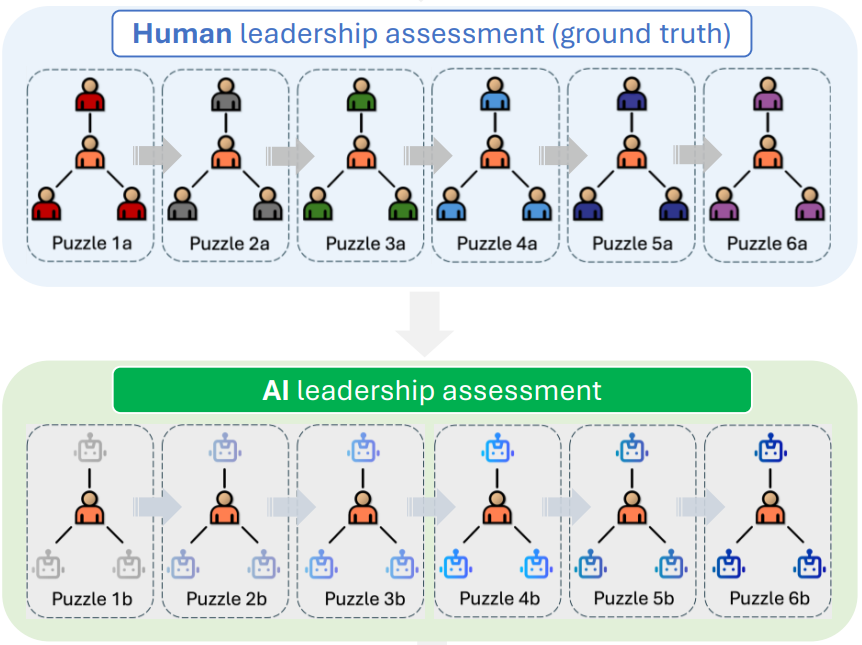
Novel way to measure leadership skills via causal inference (and AI)?
A post about a new, potentially useful method for measuring leadership skills, along with complementary findings highlighting the importance of objective, skill-based selection of future leaders.
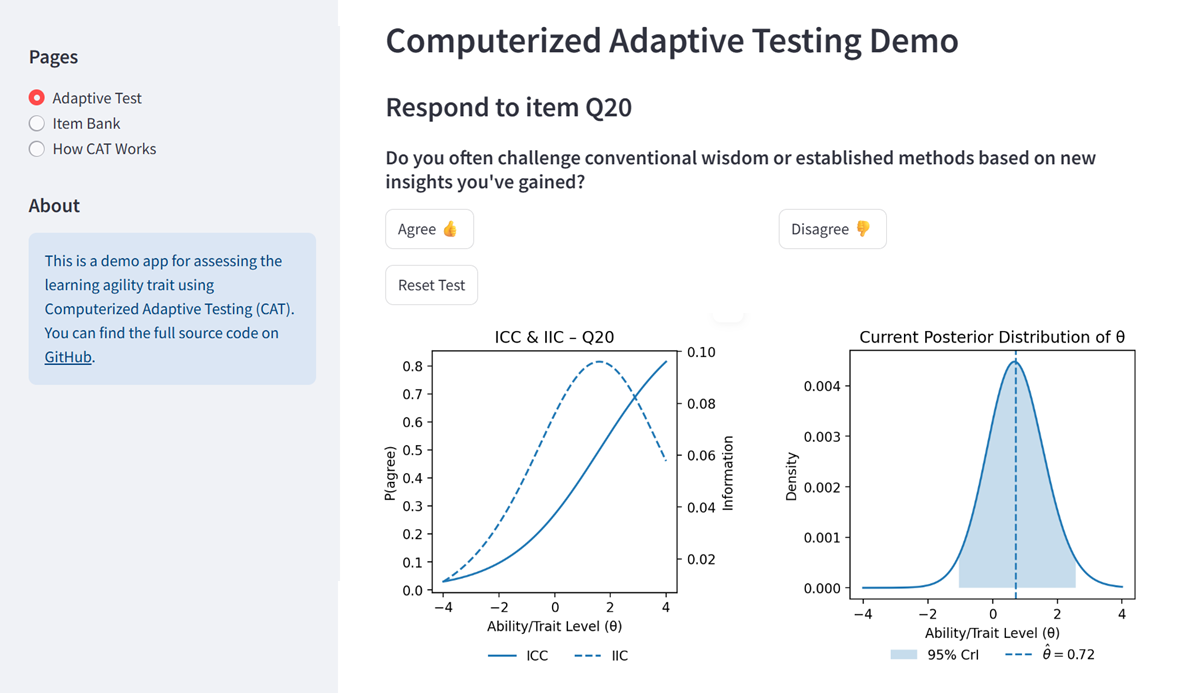
An interactive demo of Computerized Adaptive Testing
Sharing a byproduct of my recent efforts to learn Streamlit—an interactive demo that might be useful for anyone teaching psychometrics or simply curious about how modern psychometrics (relatively speaking 😉) works.
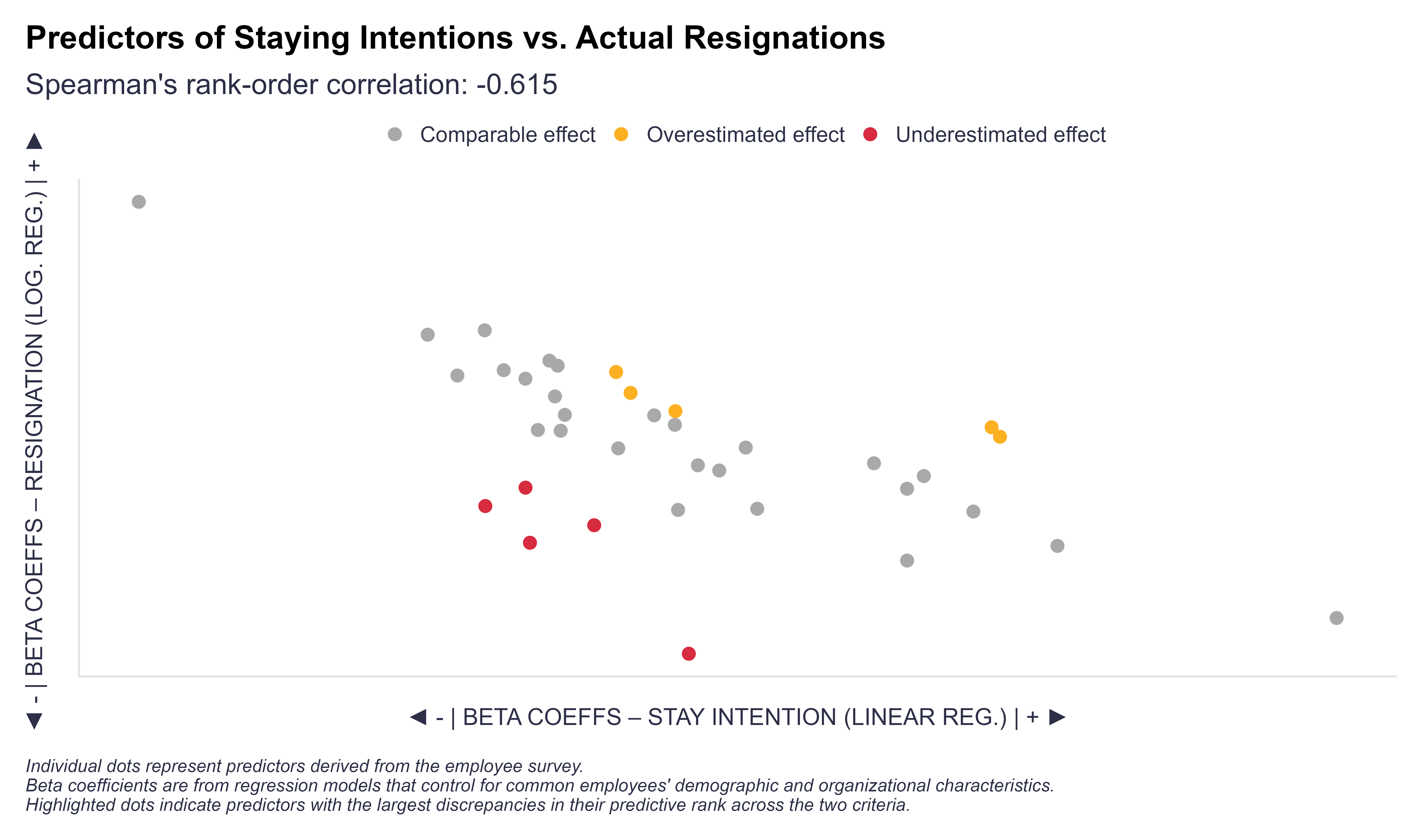
Talk vs. Walk: Predictors of staying intentions vs. actual quitting behavior
Is there a gap between what predicts employees' stated intentions to stay with their organization and their actual quitting behavior? And if so, how big is it?
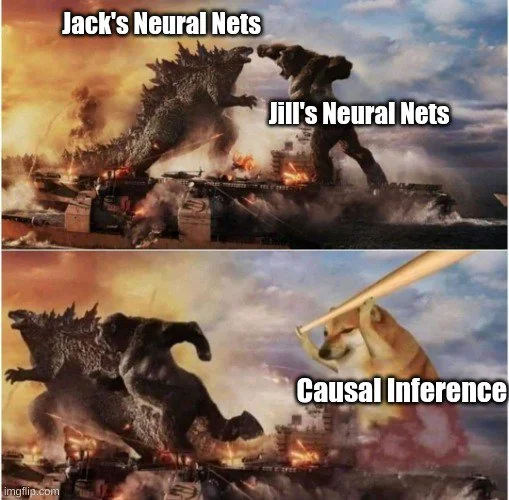
Beyond prediction: Exploiting organizational events for causal inference in people analytics
Sharing an article I co-authored with Cole Napper on causal inference in people analytics.

Can a simple algorithm read your personality from your face?
A post describing a small experiment on ML-based recognition of personality traits from facial photographs, inspired by an older research paper that explored the use of composite images to assess the accuracy of personality attributions to faces.
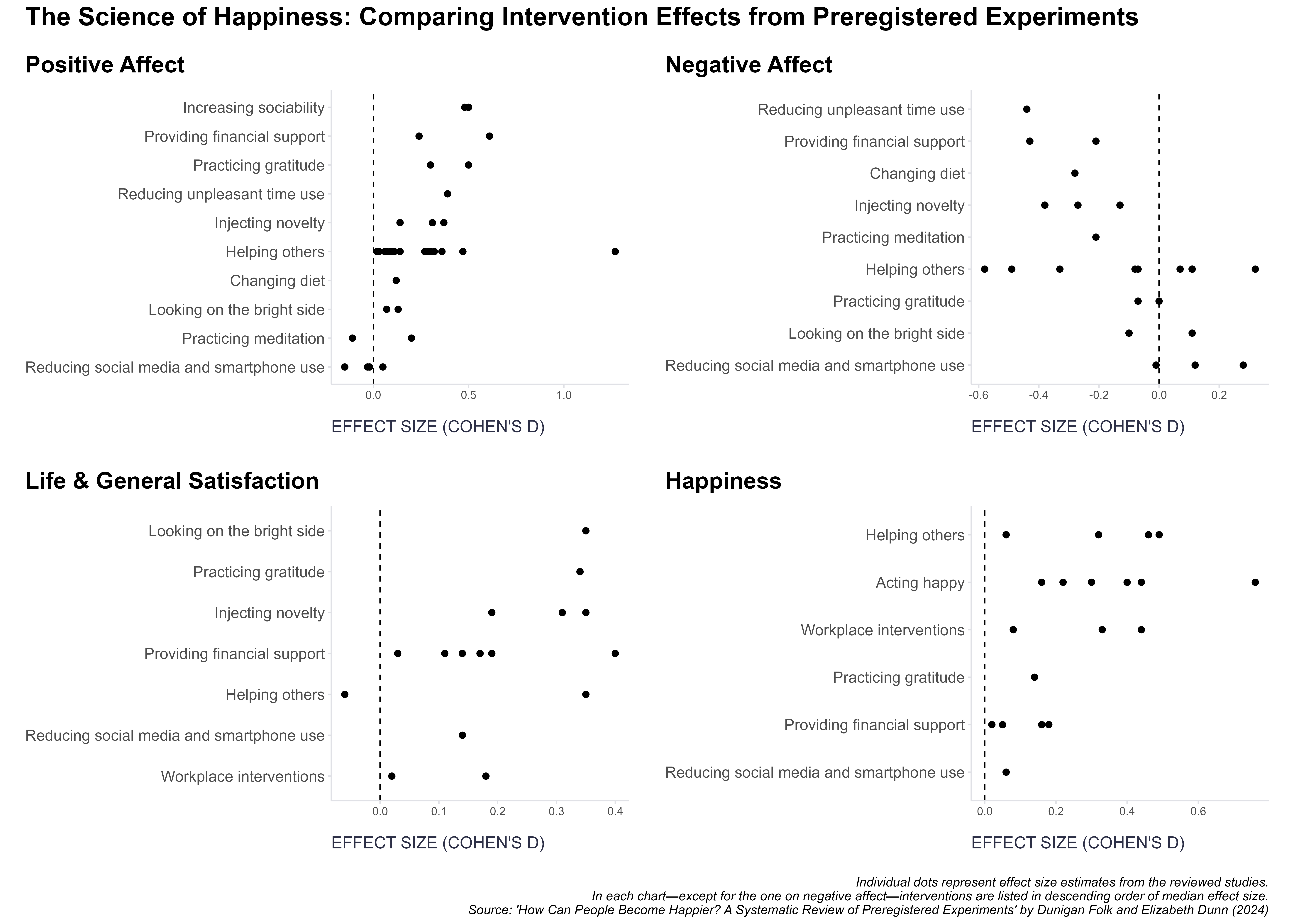
What actually makes us happier?
A quick rundown of some surprising and not-so-surprising findings from a recent systematic review on how well happiness interventions work.
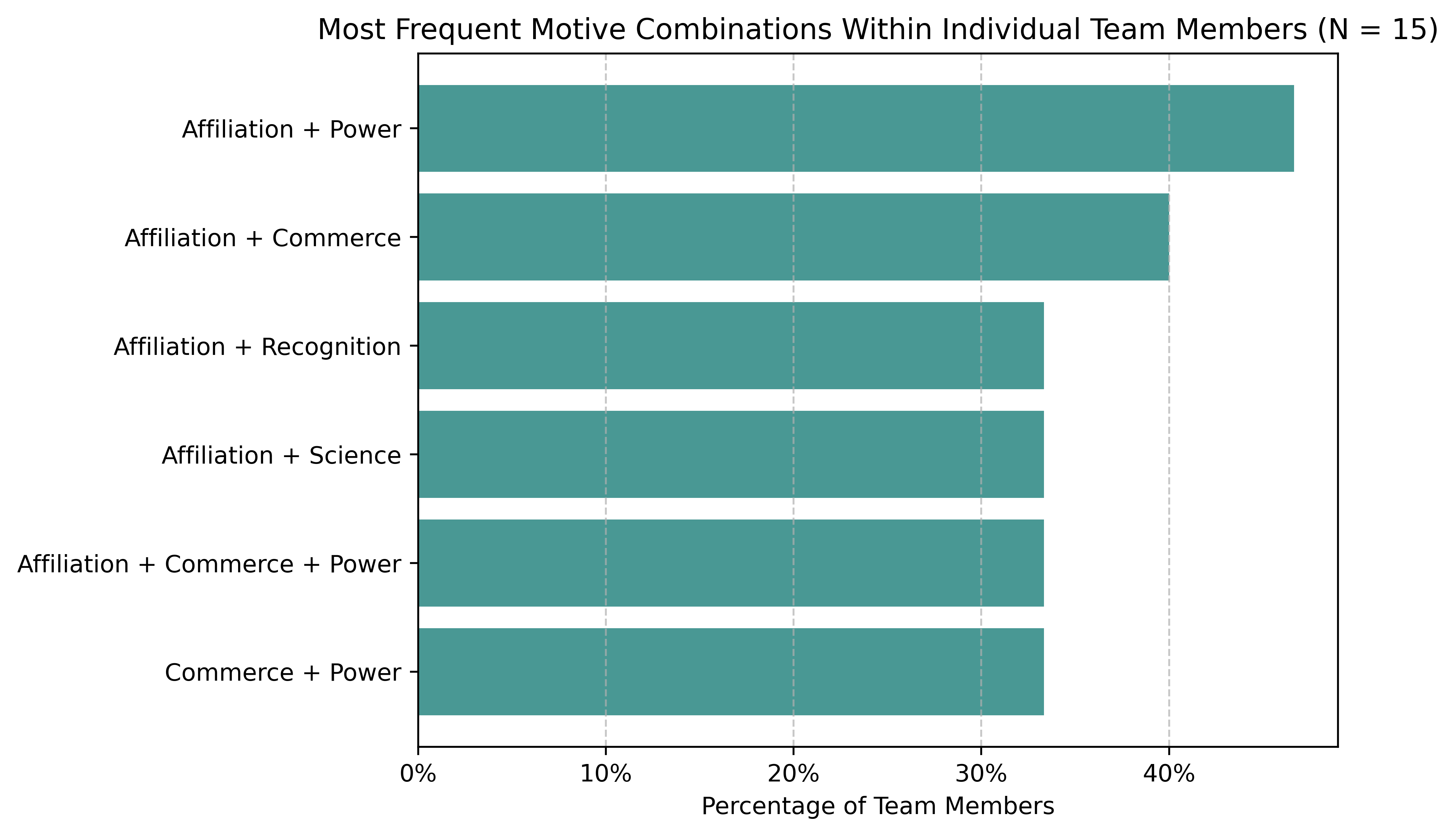
I’ve finally lived to see the day…
... and found a People Analytics use case for market basket analysis 🛒
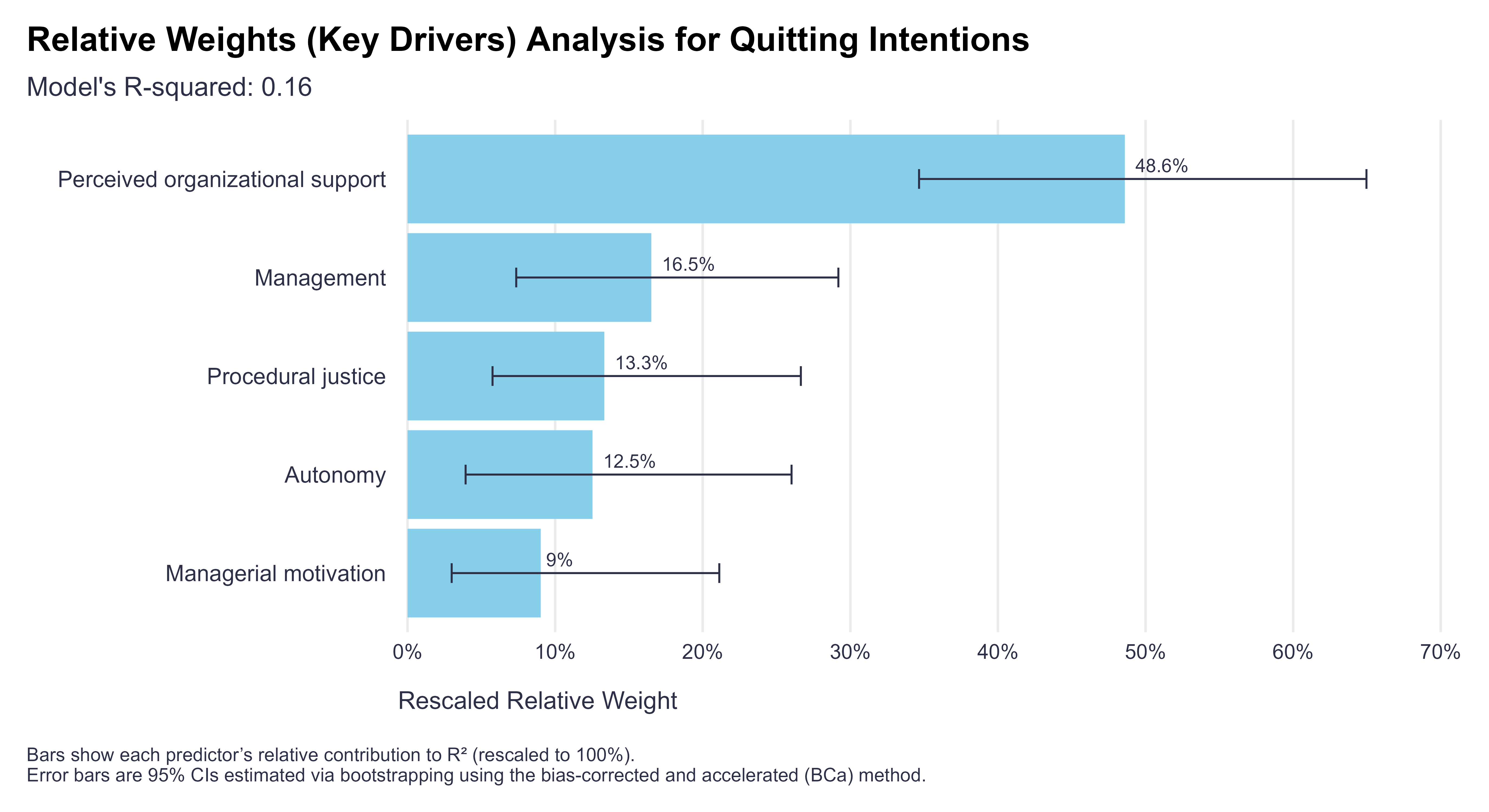
RWA – A go-to tool for key drivers analysis of employee survey data?
A brief showcase of a useful method for analyzing (not only) employee survey data.

Why do psychologists disagree—even when they use the same data and methods?
About a study exploring how scientific disagreements may be shaped not only by facts, but also by researchers’ cognitive differences.
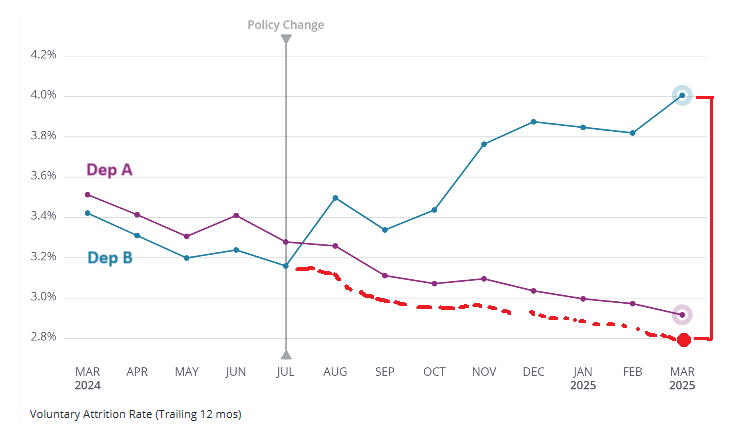
Causal insights with no code?
Causal insights without writing a single line of code? Well… maybe. In this post, I walk through how a simplified, visual version of a method called difference-in-differences can help you better understand cause and effect—even if you're not a data scientist. Using just a BI tool and some domain knowledge, you can sometimes identify meaningful patterns that suggest whether a policy or change truly made a difference. It's not perfect, and it won't replace rigorous analysis—but in the right context, it can be a surprisingly useful starting point.
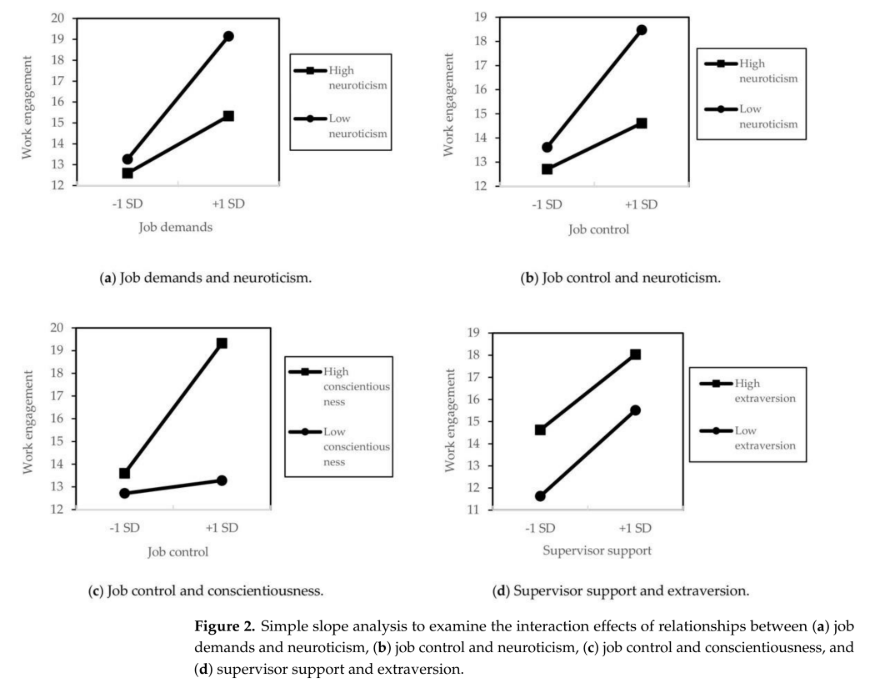
Putting the "ideal" personality for high work engagement in a broader context
Ever wondered whether or how personality affects your enthusiasm at work? If yes, then keep reading. 🤓

What topics might you encounter at the SIOP 2025 conference?
A quick check of the topics covered at this year's SIOP conference.

Did the Nobel Prize put causal inference on the public radar?
Applying Bayesian segmented regression analysis of interrupted time series data to Google Trends data to test the hypothesis of a positive impact of the 2021 Nobel Prize in Economics on public interest in causal inference, while accounting for changes in Google's data collection methods and seasonal variations.
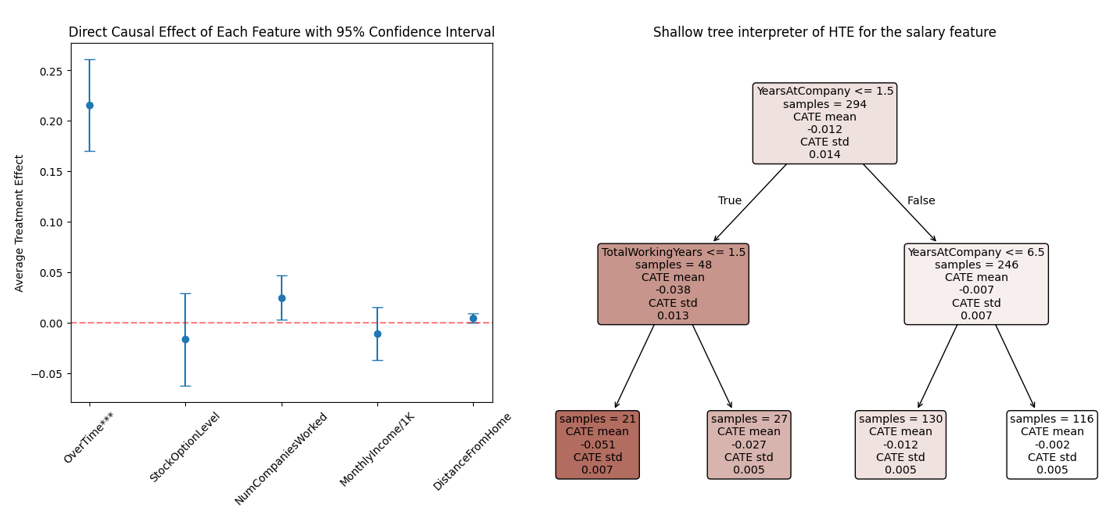
How to get causal interpretation for the Employee Attrition dataset?
An interesting demonstration of causal inference in the People Analytics space using the famous IBM Employee Attrition dataset.

How to analyze employee survey results with less (selection) bias?
About a simple method for correcting non-response bias in employee survey analysis, based on causal inference, that estimates the average satisfaction if everyone had responded.
Are age and gender variables really so non-actionable in the context of People Analytics?
A short musing on which variables in People Analytics should—or should not—be considered non-actionable.
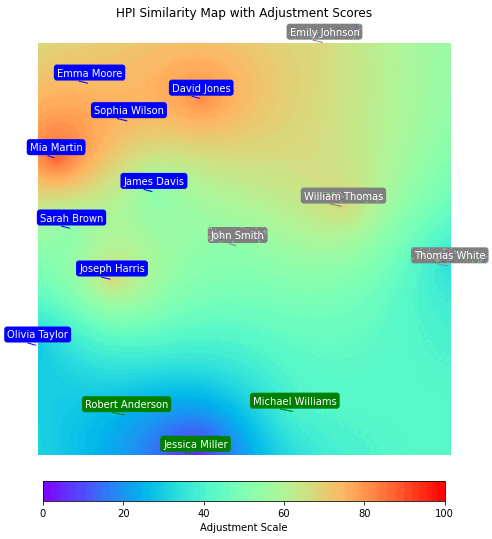
Experiencing and seeing team similarities and differences
A brief reflection on an effective method for presenting team personality profiles during team development workshops.

A way to make prediction models more precise and interpretable at the same time?
An interesting and potentially useful combination of causal identification algorithms and prediction modeling in the machine learning pipeline.

And what are your career hurdles?
Visualization of the results from a meta-analytic review of the hurdles to subjective career success.
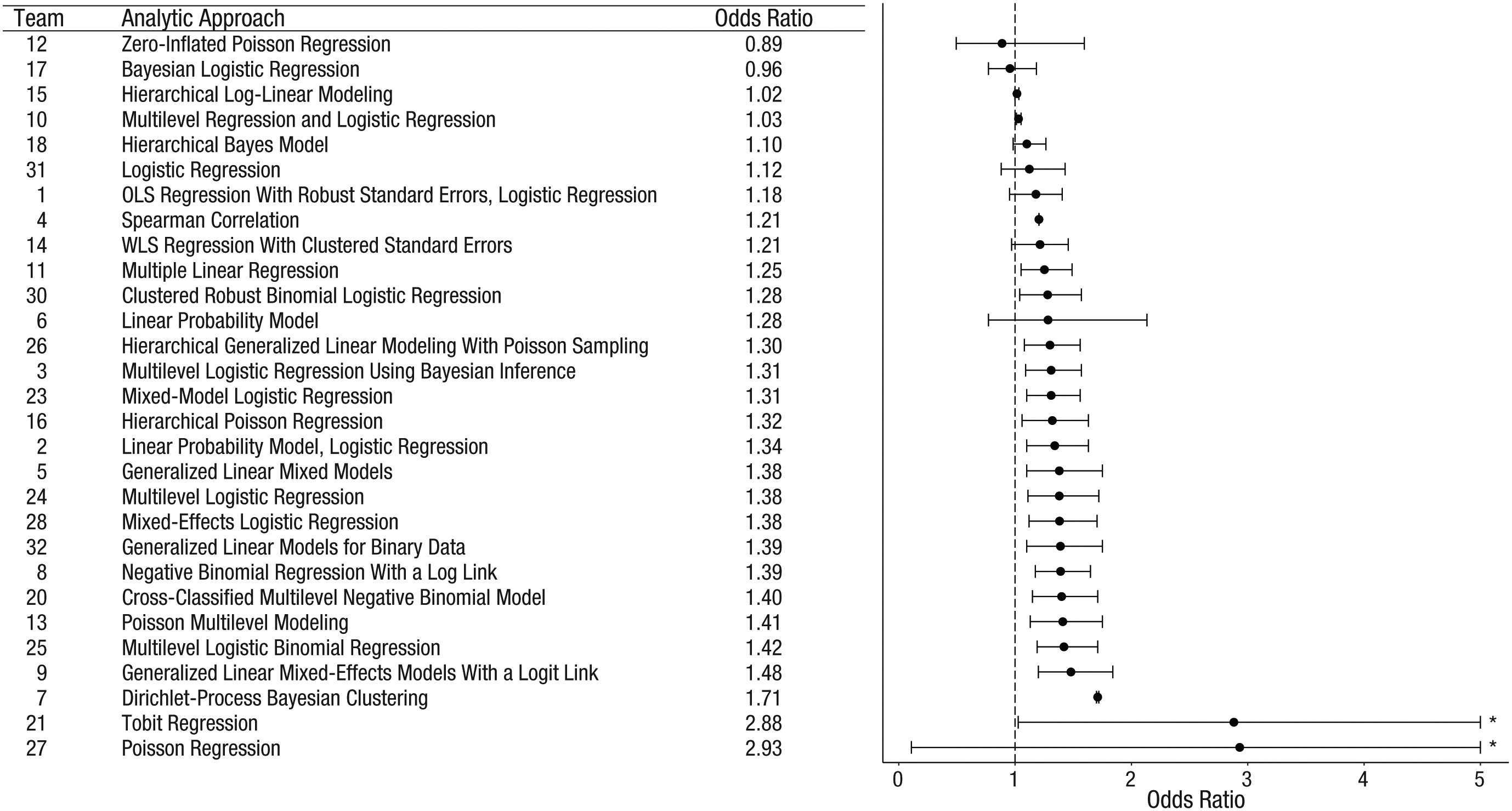
How variations in analytic choices affect results?
It’s human nature to take things at face value, assuming they are exactly as they appear, without noticing the assumptions and choices shaping that appearance. Remember Kahneman’s WYSIATI principle—What You See Is All There Is?
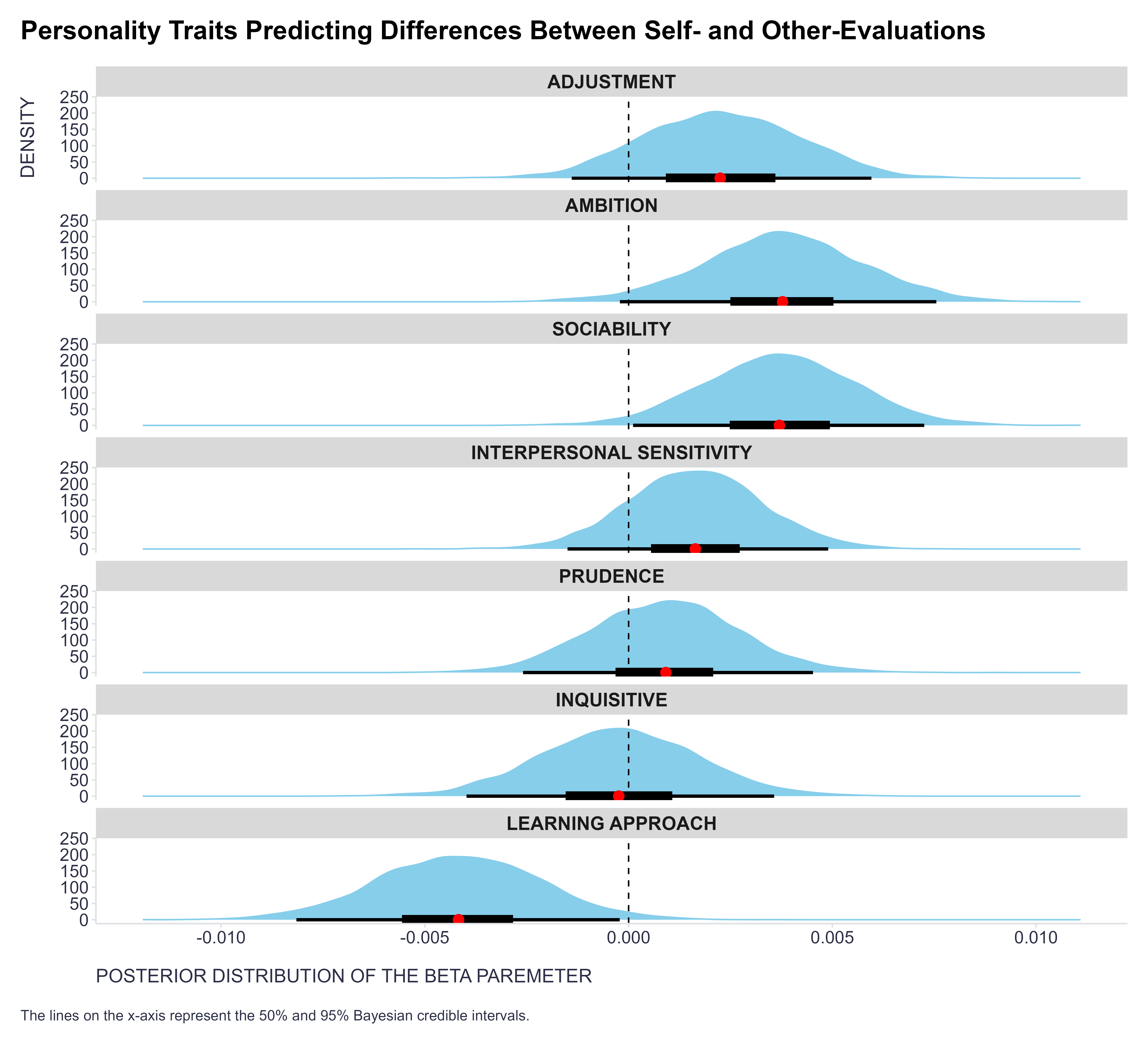
Does your personality interfere with your self-awareness?
A brief data-driven exploration of personality factors that might negatively affect self-awareness.
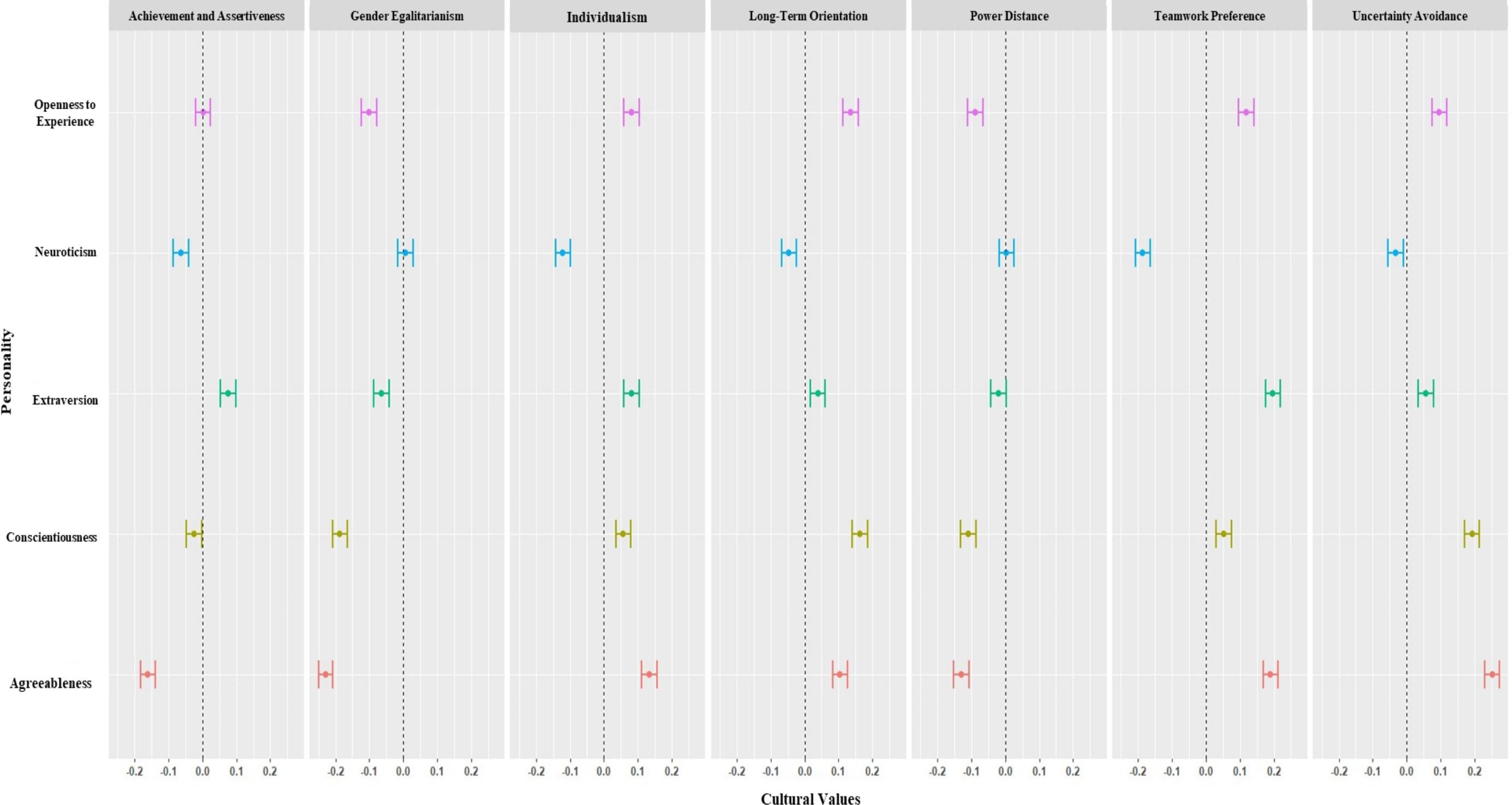
We are probably more similar - and different - than expected
A brief summary of the key findings from the research paper on the multilevel exploration of Big Five personality traits and cultural values.

Unexpected protective effect of having a good manager?
Imagine that your direct manager recently left your company voluntarily, and she was among those who excelled in her managerial duties. Do you think that her above-average managerial skills would make you more or less likely to leave the company in the following months?
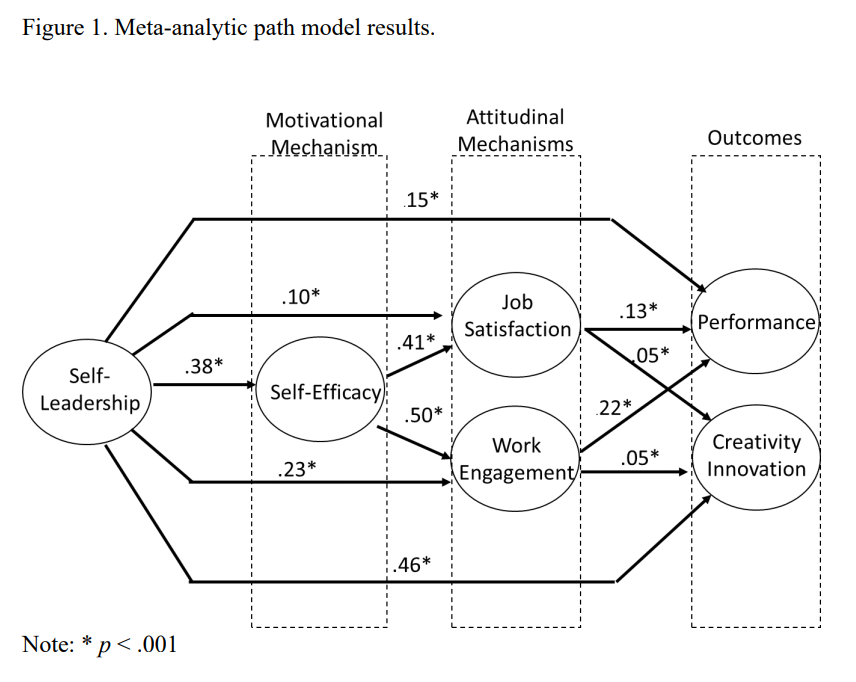
Self-Leadership: A New Superpower?
In today’s world of hybrid work and freelancing, people can no longer rely solely on external supervision. Instead, they need to build and cultivate self-leadership — the skill to guide themselves toward better performance and personal fulfillment by actively influencing their thoughts, emotions, and actions.

Stop. Start. Continue.
A brief, year-end reflection on the 'what,' 'why,' and 'how' behind our personal growth journeys.

Divorce usually impacts both sides - but does that hold true for Brexit?
We can often come across analyses highlighting the negative effects of Brexit on the UK’s economic performance as measured by GDP. But what about the reverse perspective? How has Brexit impacted the economies of EU member countries?
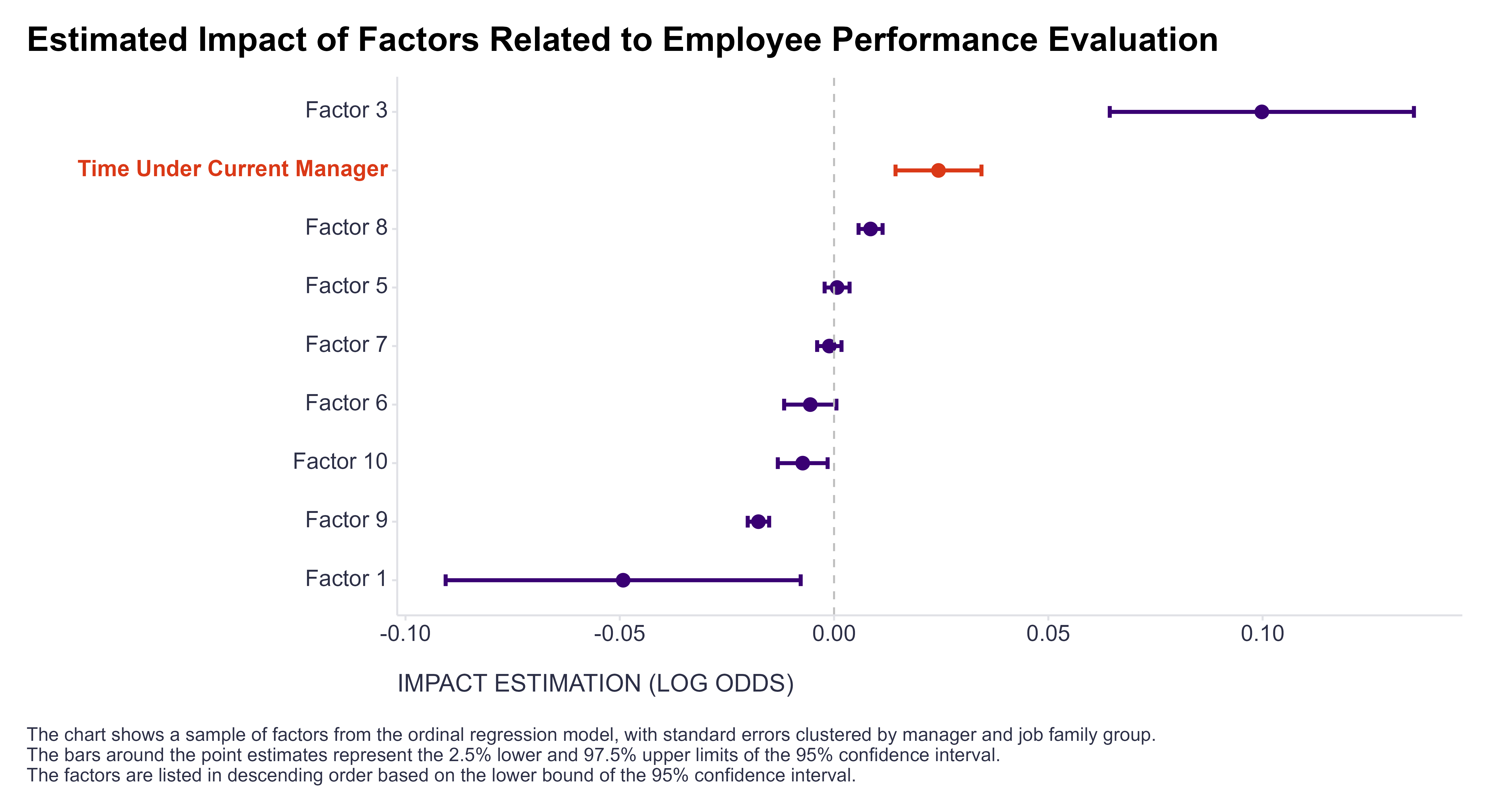
"A new broom sweeps clean"
Does the saying above also apply to new managers and how they evaluate their direct reports?
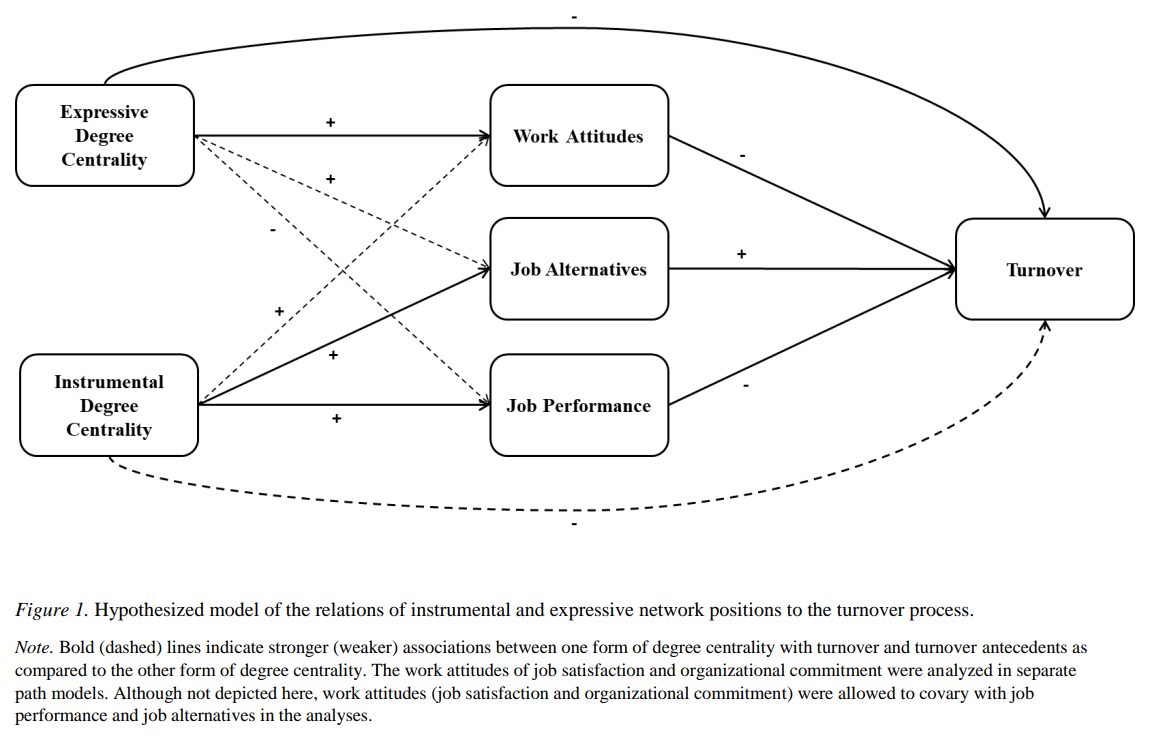
Not all workplace relationships are created equal when it comes to retaining talent
A brief sneak peek into an interesting and potentially useful meta-analysis that explored the specific mechanisms through which two types of workplace networks are related to employee turnover.
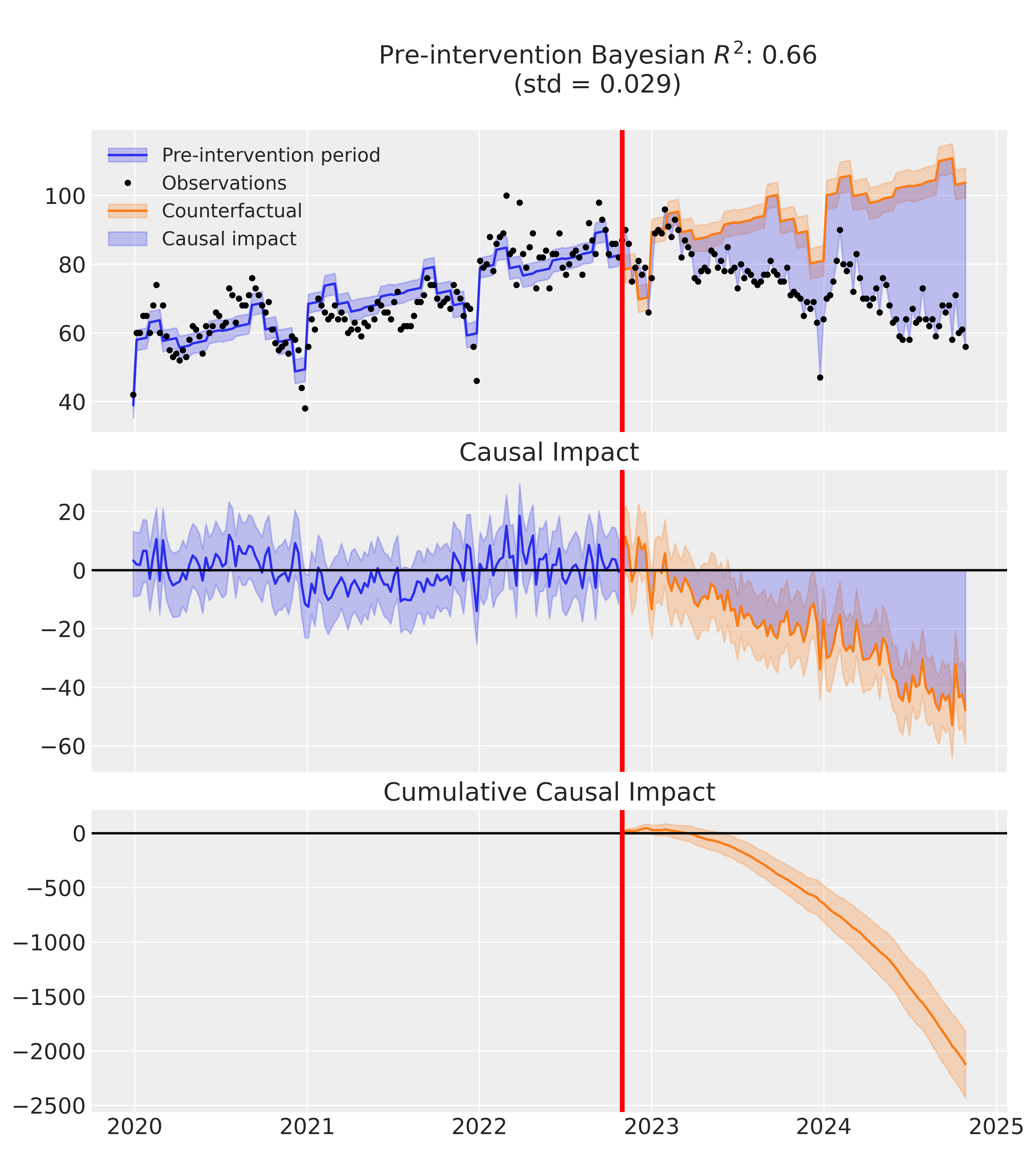
ChatGPT as a new email writing coach?
Using CausalPy package to test the plausibility of the hypothesis that Stack Overflow may not be the only “victim” of ChatGPT and the GenAI likes.

How does your company stack up in the Big Nine Cultural Values?
A quick intro to the Culture 500 - a tool for assessing company culture using Glassdoor reviews.

Do you use XmR charts for People Analytics use cases?
Looking for tips from those who answered "Yes" to the question in the title of this post 🙂
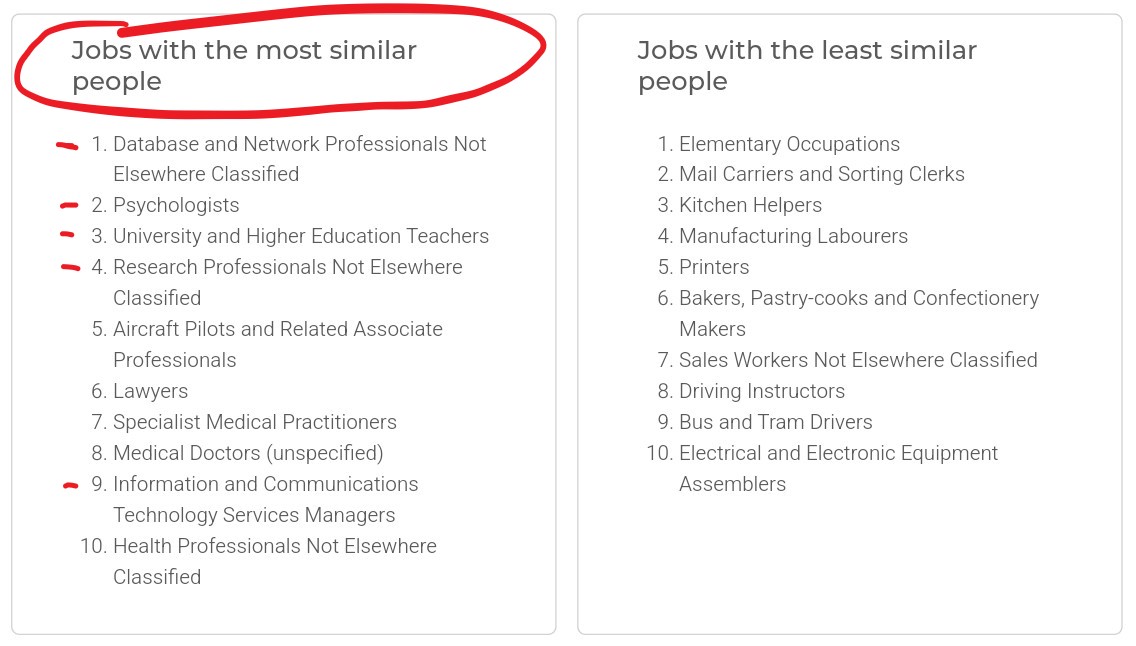
Do people’s personalities vary across different jobs?
And if they do, are those differences big enough to be useful for career counseling and personal development?
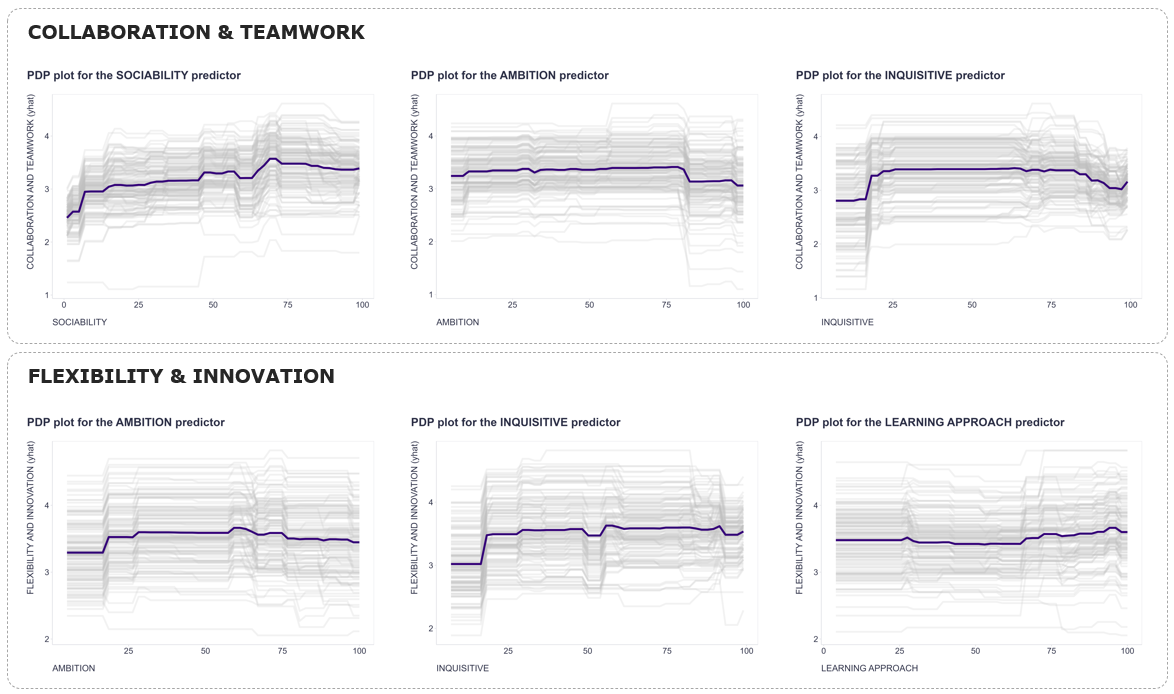
Nonlinear relationships between personality traits and business outcomes seem to be the norm rather than the exception
... at least in my projects 😉
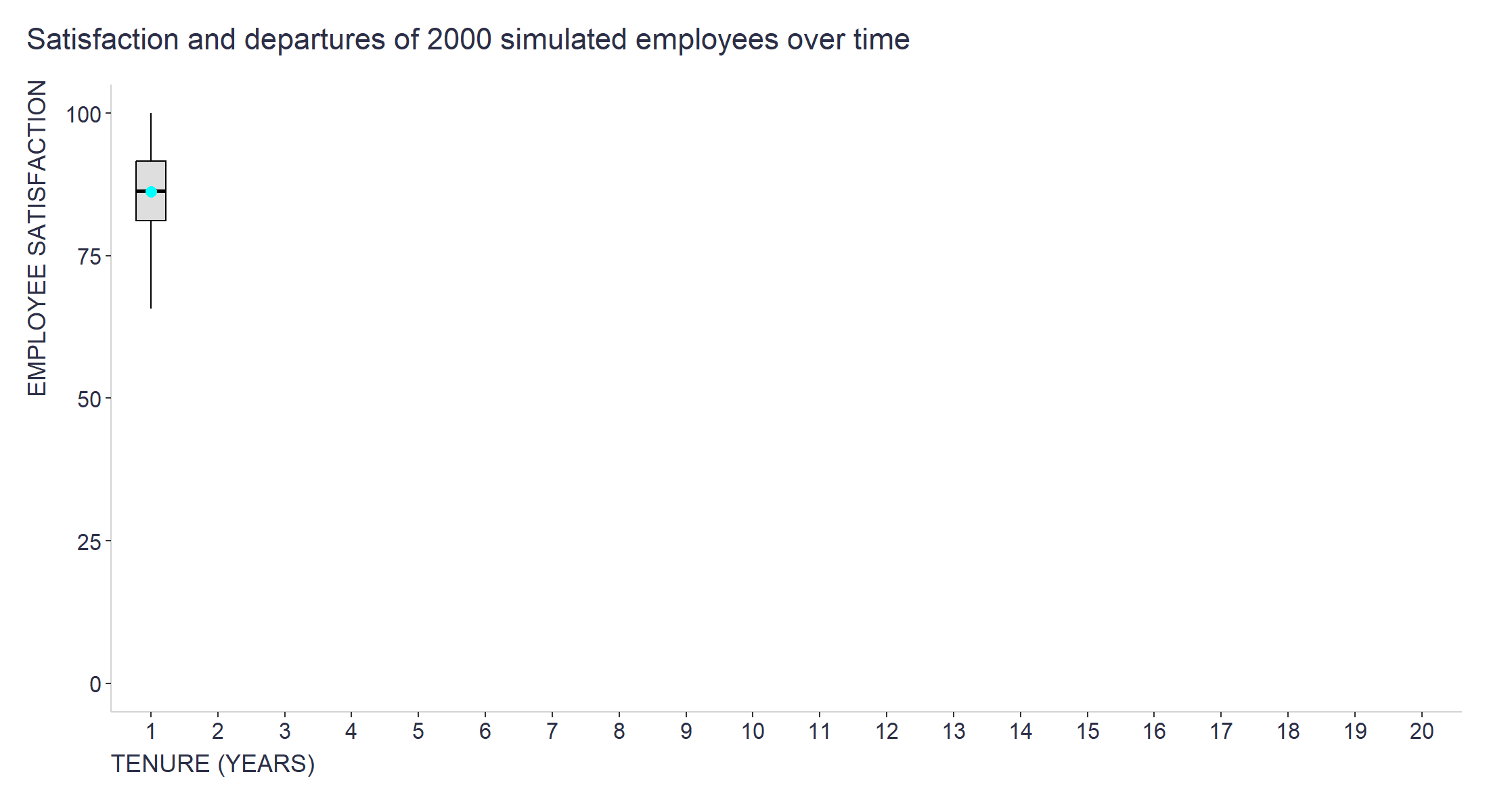
Simulating the "survivorship" effect in employee satisfaction data over time
How to align observations in organizational data with the results of one research on the relationship between tenure and employee satisfaction?
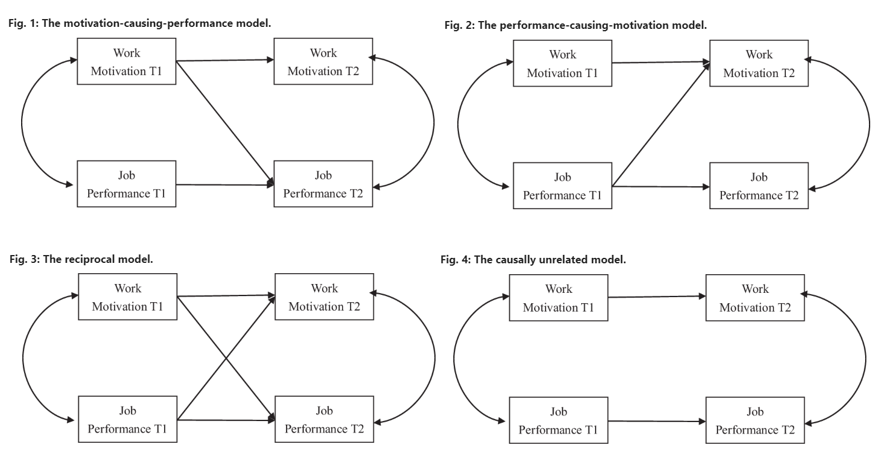
Motivation vs. Performance: What causes what?
An interesting research paper by Wang, Luan & Ma (2024) in Nature explores the causal relationship between work motivation and job performance using longitudinal data from 11 independent studies and meta-analytic structural equation modeling.
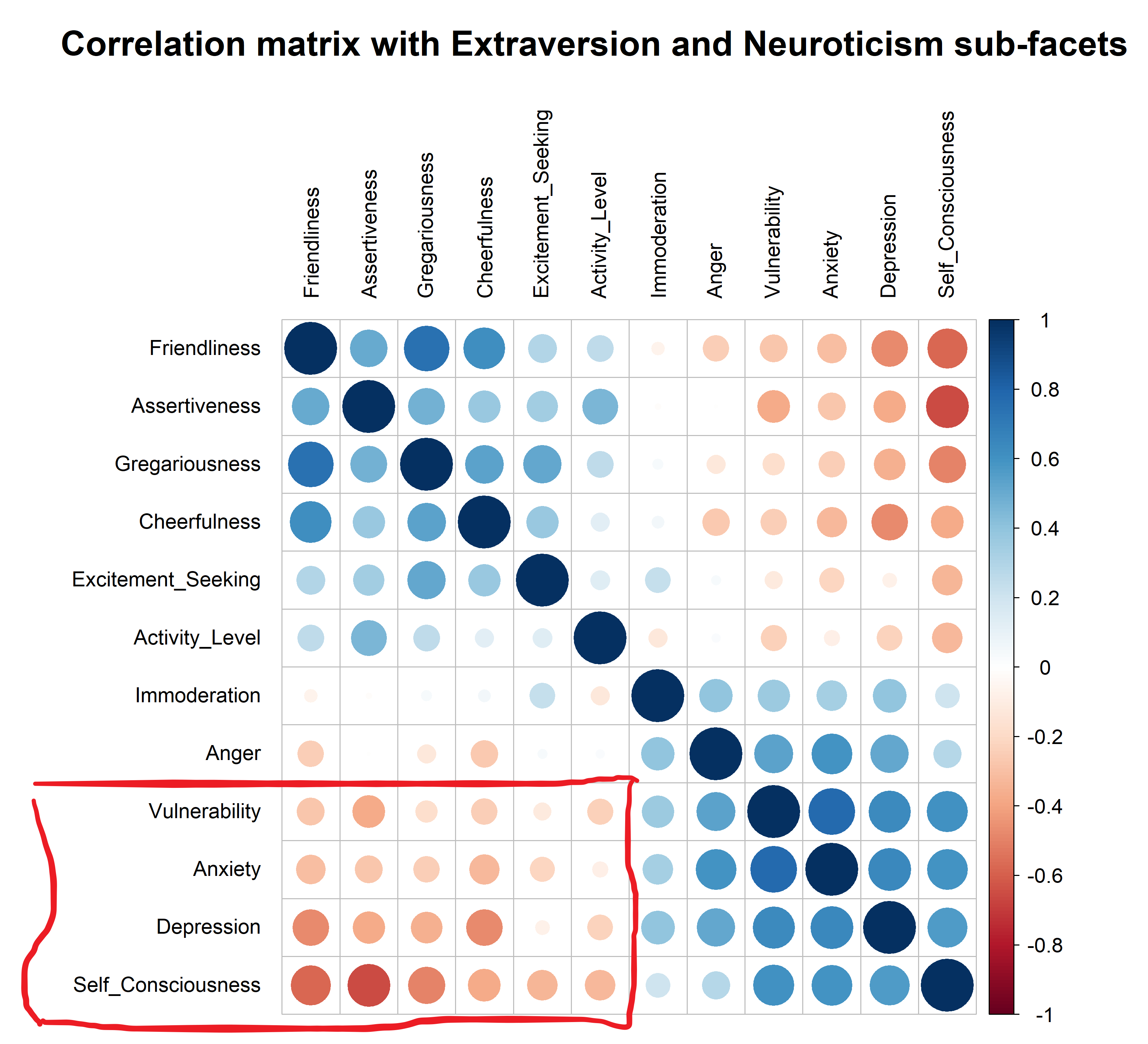
Why are introverts often described in terms of negative emotionality, and should they be?
If interested, here are a few quick thoughts of mine along with some light data exploration on the topic.

Are people during exit surveys more honest in their responses than in engagement surveys?
It is quite common to encounter the opinion that responses in exit surveys or interviews are more honest than those in regular engagement surveys, despite their anonymity and/or confidentiality, especially when it comes to more politically sensitive topics such as satisfaction with one's direct manager. It is usually argued that people no longer fear repercussions or negative consequences for speaking openly about their real experiences and opinions because they leave the organization and have less incentive to conceal critical feedback. Let's see if we can find any evidence of it in the data...

Unpacking surprises in the women’s 100m World Championships
How surprising was Sha’Carri Richardson’s victory in the women’s 100m race at the World Athletics Championships in Budapest 2023? Let's check it out with some data.
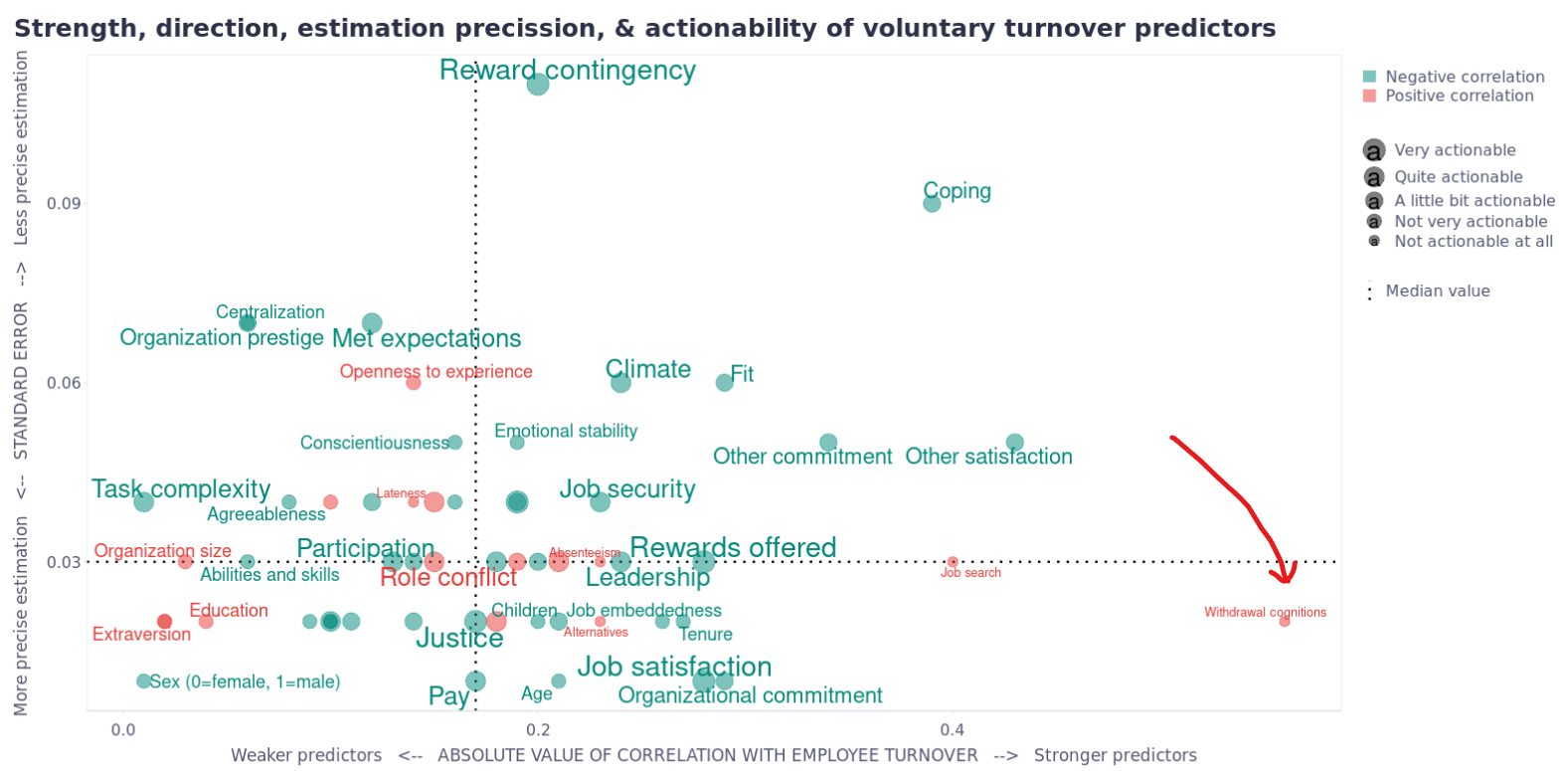
People may signal their exit intentions not only by their actions but also by their inactions
A brief reflection on one of the predictors of voluntary employee attrition.

Insights from the Team Assessment Survey results of C-suite teams
Results from the exploration of data on team effectiveness and efficiency across ~40 C-suite teams.
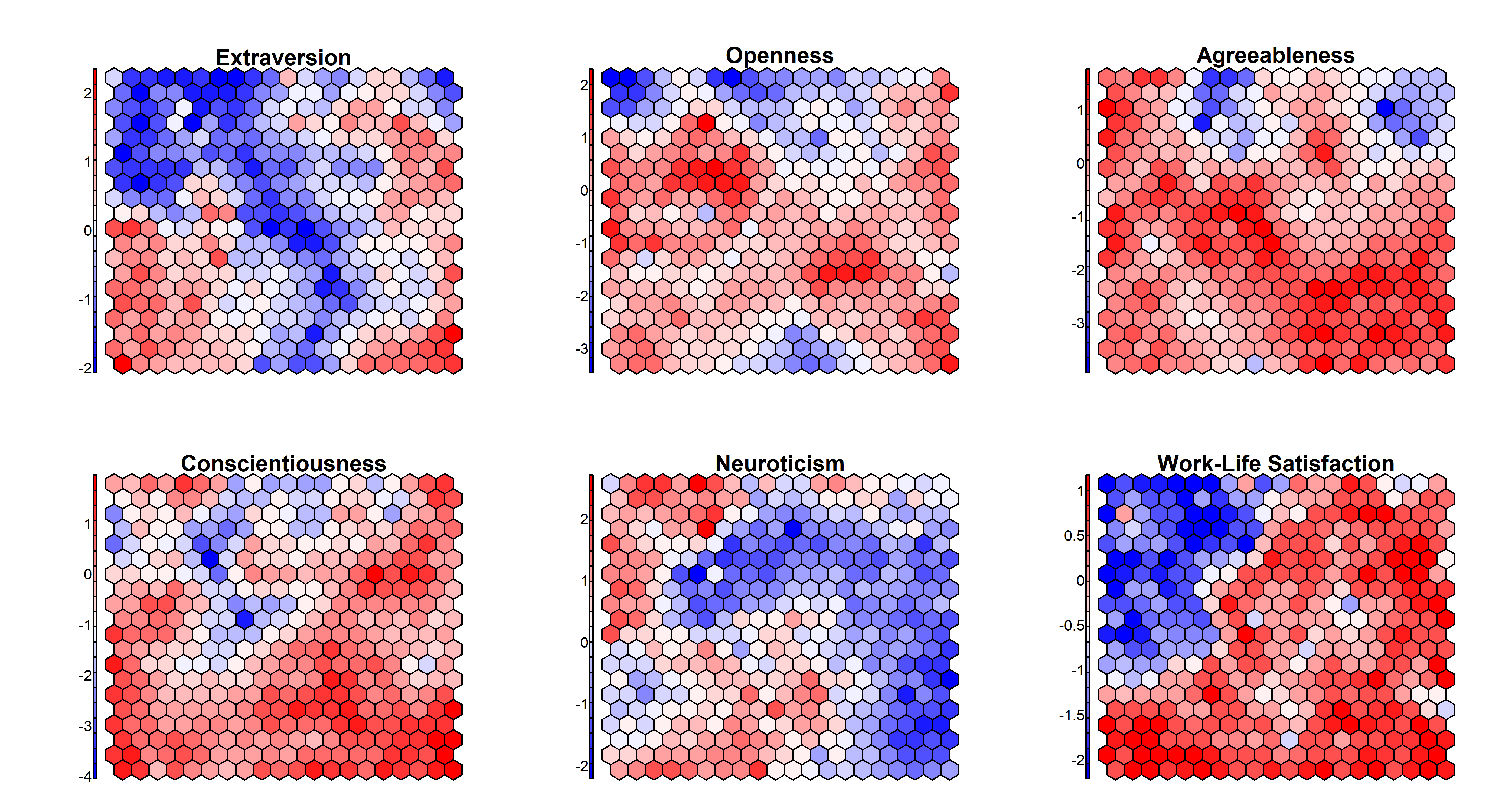
Kohonen's Self-Organizing Maps
A brief demonstration of an awesome tool for exploring multidimensional data, using personality and work-life satisfaction data.
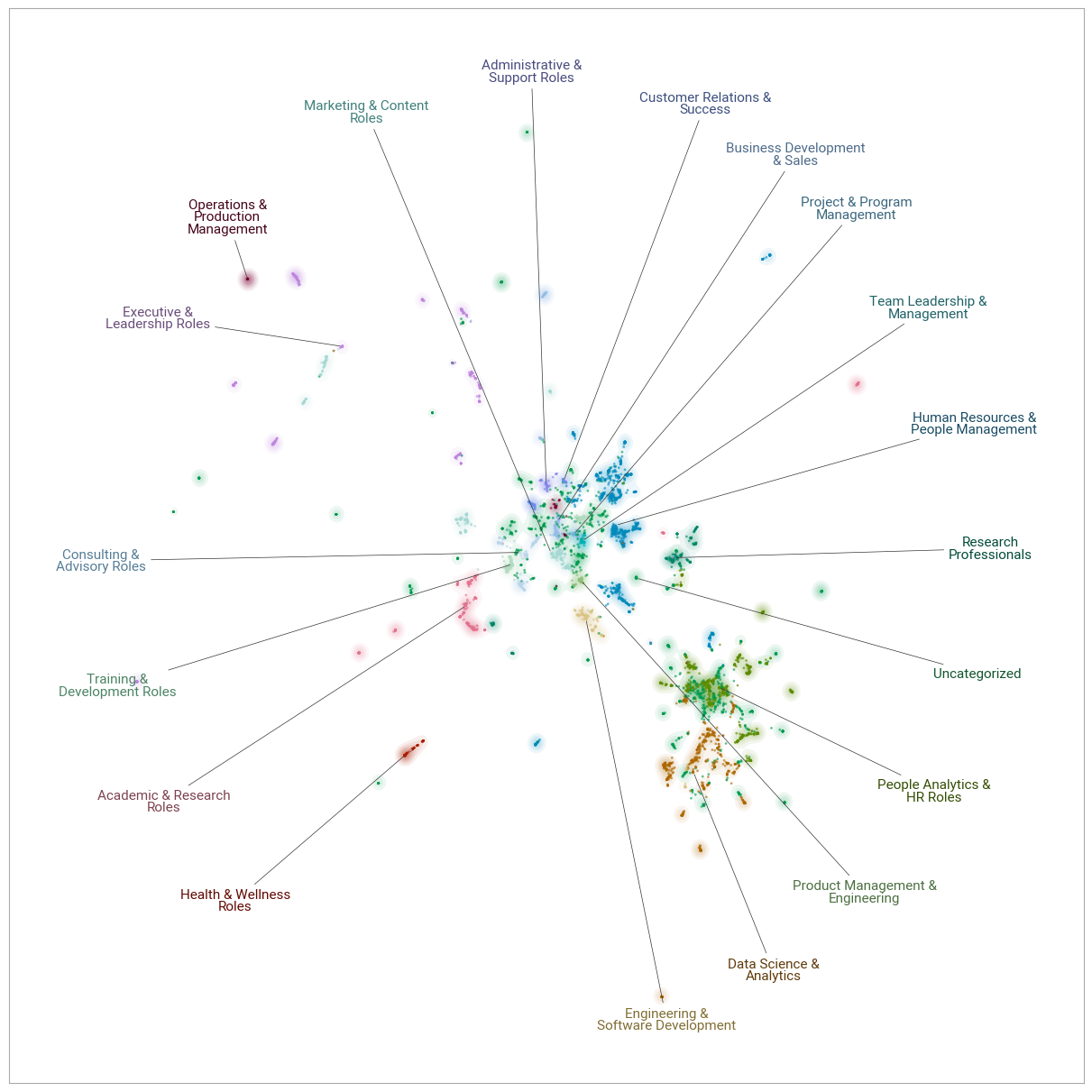
Analyzing LinkedIn connections' jobs using LLMs and the BERTopic package
If you're curious about what your LinkedIn connections are up to, keep reading...
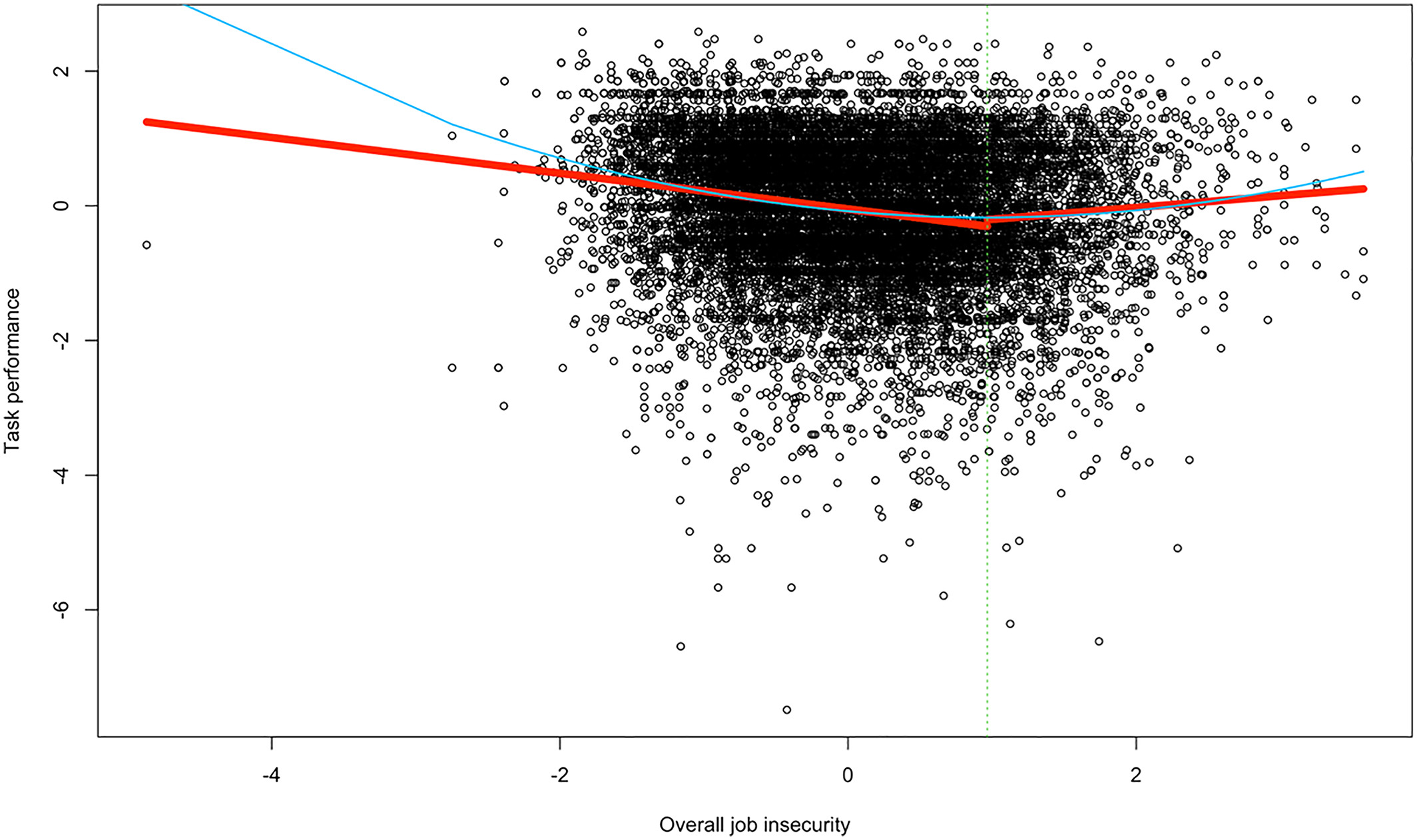
Does a stick work?
Probably each of us has experienced, or at least heard of, the practice of using job insecurity as a motivational tool at some point in our careers. A well-known example of this is stack-ranking performance reviews, where bonuses are given to top performers and those at the bottom are let go. While we may not personally like this method of motivation, it would be beneficial to have some data on its effectiveness.
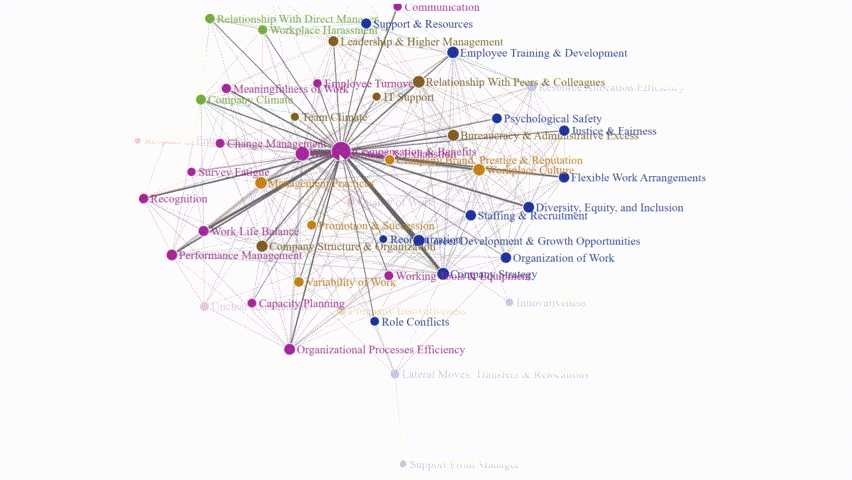
Using network graph modeling to capture overarching thematic clusters in employee comments
A showcase on how to use network analysis to display the co-occurrence of topics in employee comments.

Can there be too much cognitive diversity in teams?
The answer might be "yes", at least in the case of team collective intelligence, defined as a general ability of a team to work together across a wide array of tasks.

Estimating body height using an inventory?
Why not?

What makes people more likely to comment on a question in an employee survey?
Is it satisfaction or dissatisfaction that drives comments? Or perhaps it’s the extremes on both ends of the satisfaction spectrum?

NetLogo: Don’t tell me, show me
An example of how to get a better understanding of various complex phenomena through simulation in NetLogo, a free programmable multi-agent modelling environment.
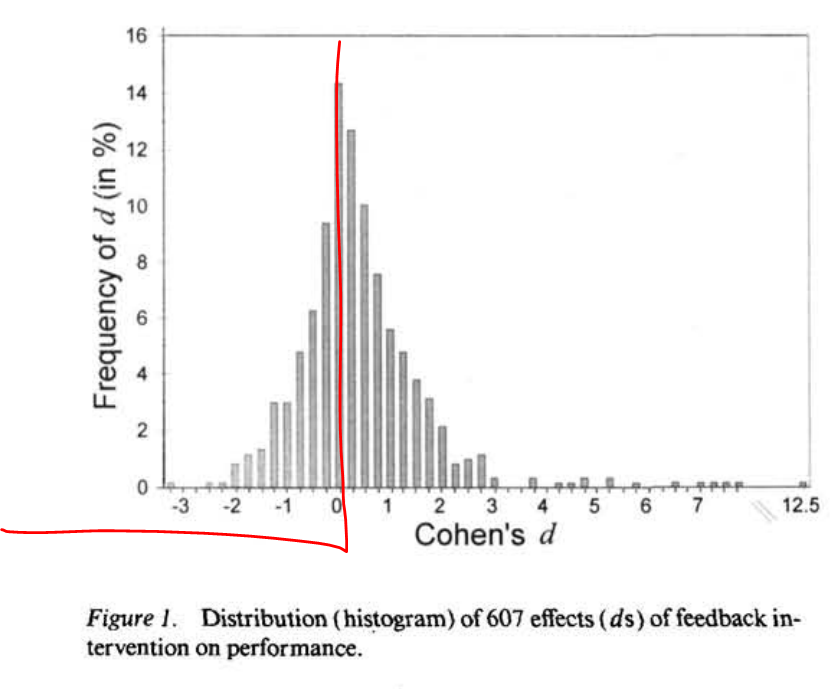
Feedback can be a gift or a curse...
...depending on where it directs your locus of attention.

If you are a leader, don't be afraid to be a nice one
Do nice guys really finish last?

Does agile pay off?
During my career, I have been part of several teams that have organized their work using some of the existing agile methodologies. For the most part, agile principles made good sense to me and subjectively seemed to work, so I had no reason to question their supposed benefits.
A showdown between the Big Five, Enneagram, MBTI, and astrology
Who you got your money on? 😉

Does your team belong among “light bulbs” or “wines”?
Sharing one learning from the awesome book Probably Overthinking It by Allen B. Downey.
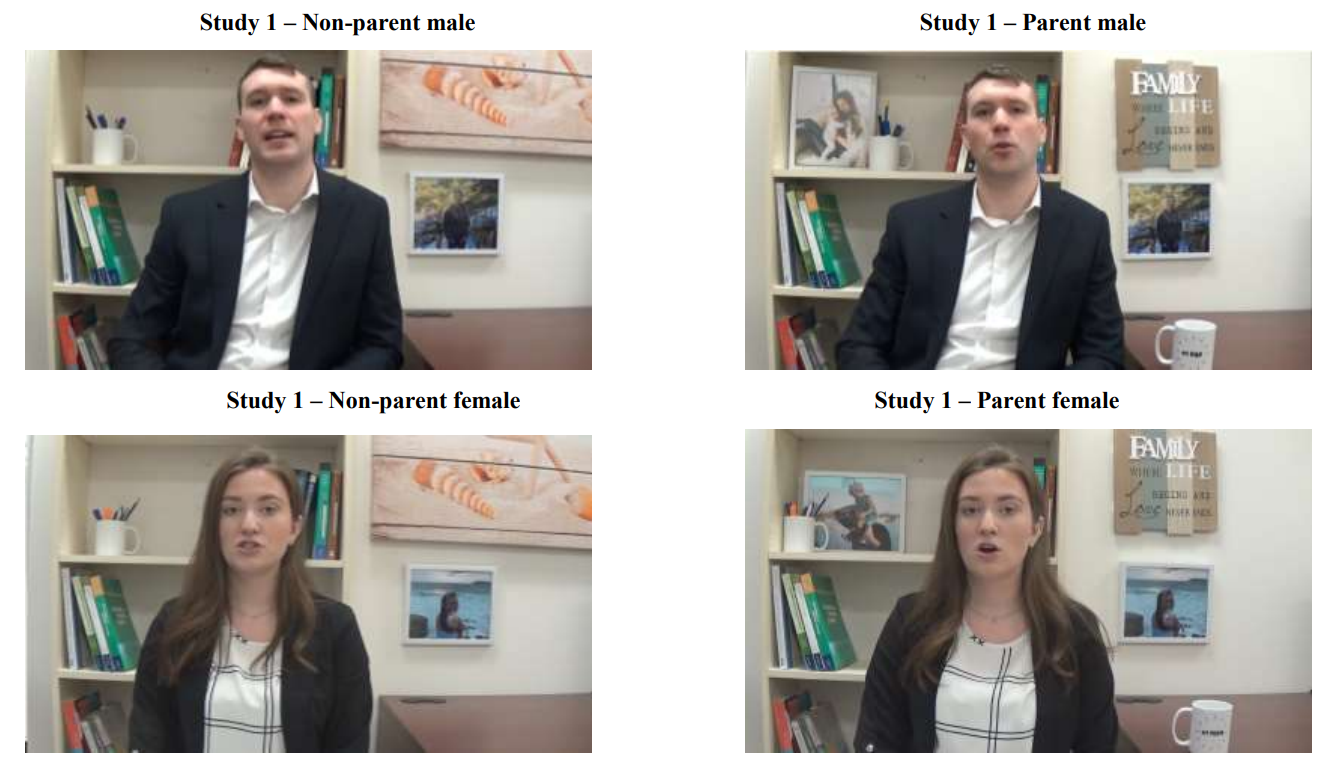
Biases introduced by video backgrounds during video interviews
Every tool used for employee selection introduces its own potential biases into the process. This holds true also for video interviews, which have become increasingly popular among recruiters in recent years.

Creating new candidate topic labels on the fly during topic analysis with GenAI
Description of a simple hack to simulate the work of a qualitative researcher classifying comments from respondents using GenAI.

Fostering psychological safety in the workplace
Can a simple intervention such as an email campaign help with fostering psychological safety in the workplace?

Fighting with faking in personality assessments
A brief summary of the main results of a meta-analysis comparing psychometric characteristics of forced-choice and single-stimulus personality assessments in relation to faking.

How should teams be designed to be creative and innovative?
A brief overview of the results of a meta-analysis on the relationship between team design and team creativity and innovation.

Strength-based development and power-law vs. normal distribution of performance
Does a power-law distribution of performance, as opposed to a normal distribution, support the concept of strength-based development?

Do high-low range goals aid in maintaining motivation over time?
Is there enough evidence to bet on this technique and give it a try?

Does GenAI make me a better (more rational) thinker?
A short reflection on one of the impacts of using GenAI on my work habits.

Reflective and intuitive thinking styles
A new construct on the block for employee selection and development?

Link between the Big Five personality traits and earnings
Check how your personality supports your earnings.
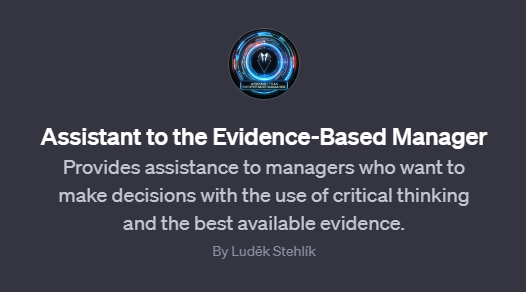
How to support the adoption of Evidence-Based Management with a specialized GPT bot
Let's create your own consultant to help you apply the principles of Evidence-Based Management.

Rebuilding an employee survey with the help of NLP tools
Using LLM and text embeddings to assist in implementing new constructs into the existing employee survey.

Evidence on the presence of gender bias in selection settings
Interesting results from a pre-registered meta-analysis of 44 years of field experiments on gender gaps in hiring decisions.

Surprising finding on the impact of job demands and control on workers’ well-being
I just came across an interesting and surprising result from a Bayesian meta-analysis on the effect of the interaction between job demands and job control on worker well-being.

Personas based on ML local interpretation algorithms
A demonstration of one method useful for sharing insights from fitted ML models.

Sentiment analysis of employee survey comments using zero-shot classification
An attempt to validate a zero-shot sentiment classification.

Using NLP & LLM to combat 'tip-of-the-tongue' moments during onboarding
How to make onboarding experience a little bit smoother with the help of NLP and LLM.

Exploration vs. Exploitation trade-off in our calendars
As I was going through my calendar recently to check who I had already met during my onboarding at Sanofi, I realized that one way to look at the calendar is through the lens of the Exploration vs. Exploitation trade-off. What lessons can we take from this?

Harnessing Bayesian analysis for business process simulation
A demonstration of how the outputs of Bayesian analysis can be used to simulate business processes while preserving inherent uncertainties.

A plausible model of data-generating process eats ML algorithms for breakfast
An illustration of one of the lessons I took away from studying the use of meta-learners for causal inference.
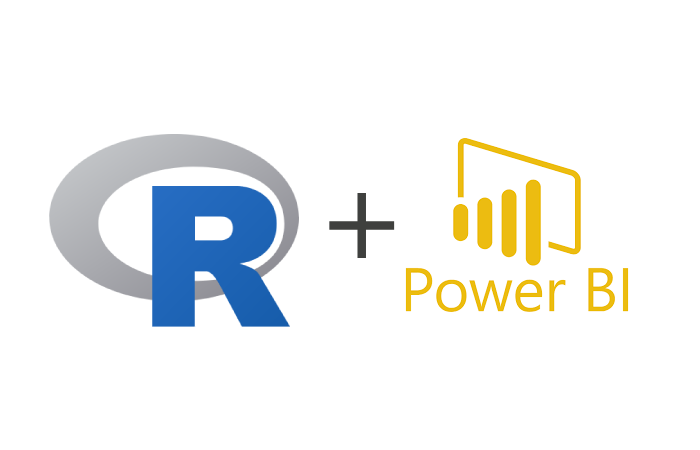
Embedding R (or Python) ML models in Power BI dashboards
In my new job, we currently rely a lot on Power BI when presenting people-related insights to our stakeholders. Since I know Power BI quite superficially and we also want to share insights from more complex analyses with our stakeholders, I spent part of the weekend studying how to incorporate ML models created in R or Python into Power BI dashboards. I put my learnings in this blog post. It's definitely not rocket science, but it may still shorten the learning path for some of you who are in a similar situation.
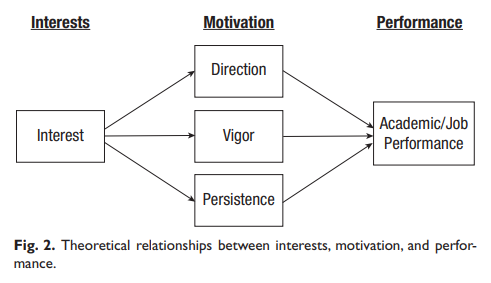
Vocational interests don't seem so uninteresting after all
Quite surprising (at least to me) findings on the validity of vocational interests for predicting a range of important work outcomes.
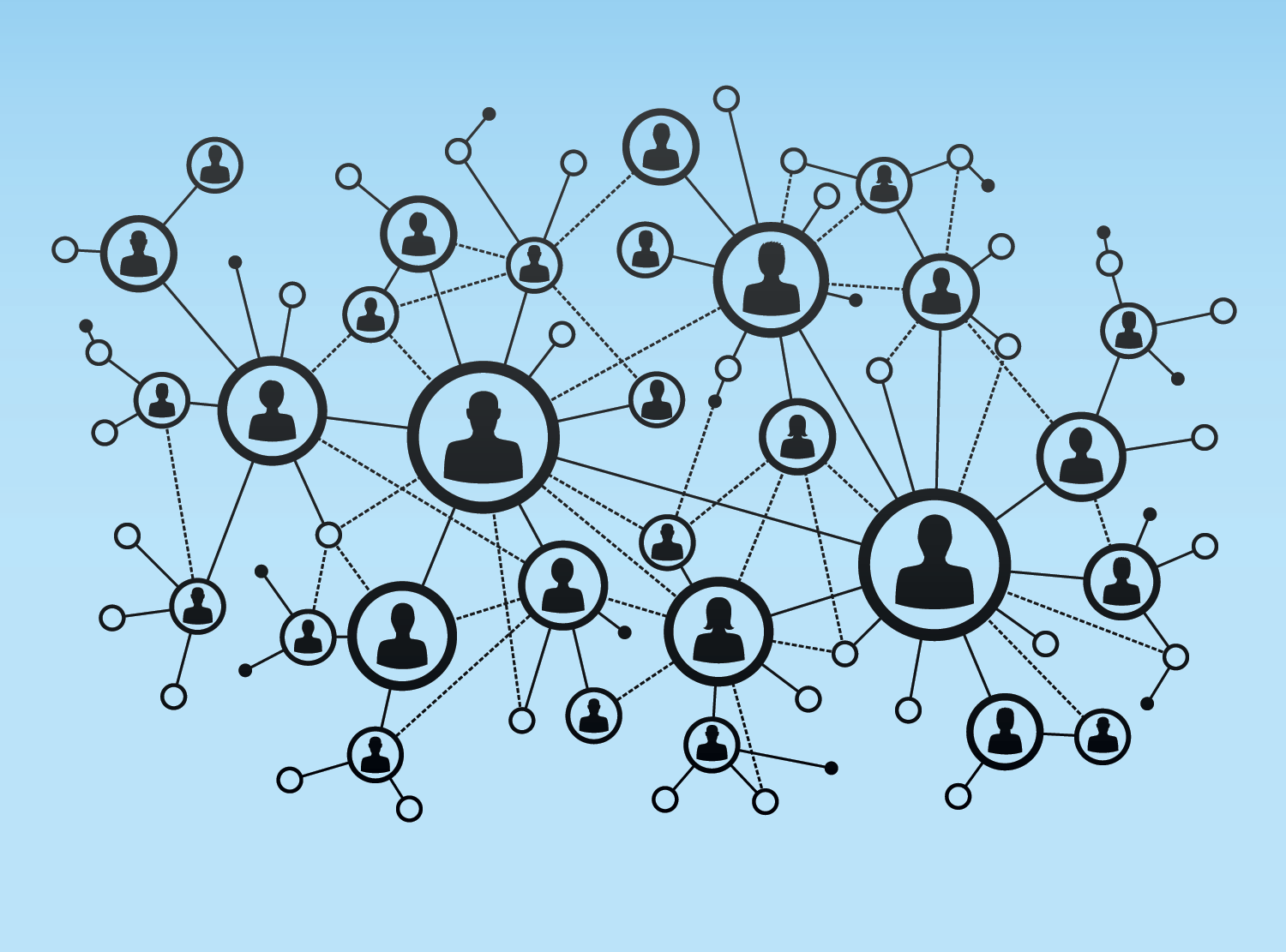
Induced centralities
A post about useful complement to common ONA centrality measures.

Searching & querying AIHR blog posts on People Analytics topics
I'm sharing a by-product of my learning about vector database search that may be useful to some of you who want to learn something new about People Analytics.
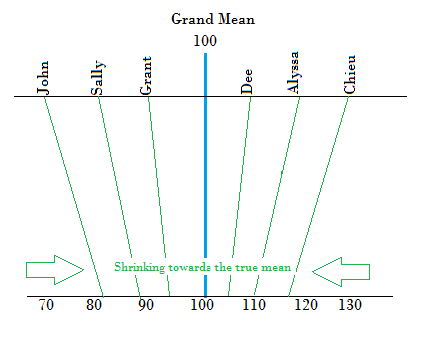
Using Bayesian shrinkage in reporting employee turnover
When you report turnover rates by team, do you take into account the size of individual teams, or do you take the turnover rate numbers as they are?

A bet on a new job
Sharing a by-product of my search for a new full-time job.
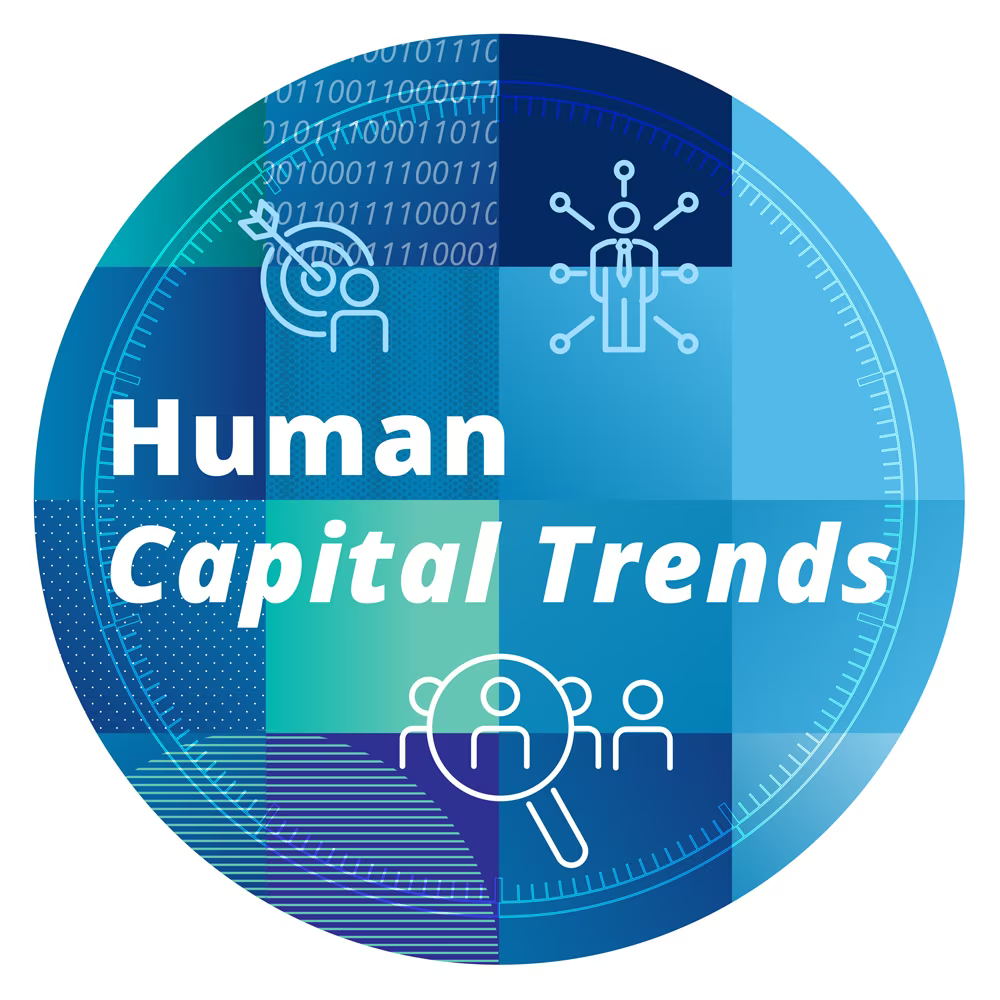
Themes in Deloitte's Global Human Capital Trends between 2011 and 2023
Reading the latest release of Deloitte Global HC Trends made me wonder what common themes this regular series has been covering throughout its 12 years long history.

Team-level predictors of innovation at work
Team processes seem to beat team composition and structure when it comes to innovation at work.

Latent Class Analysis of responses from employee surveys
How listening to a podcast about conspiracies and disinformation inspired me to try out a "new" statistical tool popular among sociologists.

Another positive effect of mindfulness meditation on the horizon?
Is it possibile to improve the objectivity of decision making through mindfulness meditation?

Use of Bayesian networks in people analytics?
Bayesian networks seem to have some interesting properties that could make them useful for various people analytics use cases, but for some reason this is not the case.

Visualizing shifts in validity estimates for selection procedures
Let's take a slopegraph perspective to assess changes in estimates of the validity of selection procedures.

Psychometric network analysis & employee survey data
A demonstration of how psychometric network analysis can be used to gain insights into employee survey data.
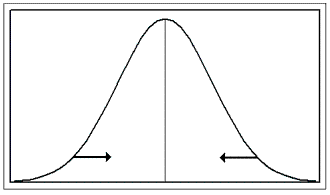
Employee commitment over time & regression to the mean
A nice illustration of the regression to the mean phenomenon in the space of people analytics.

Improving a company career site with tools from OpenAI
How my own experience of exploring new job opportunities gave me the idea of how the company's career site could be easily improved using OpenAI's tools.
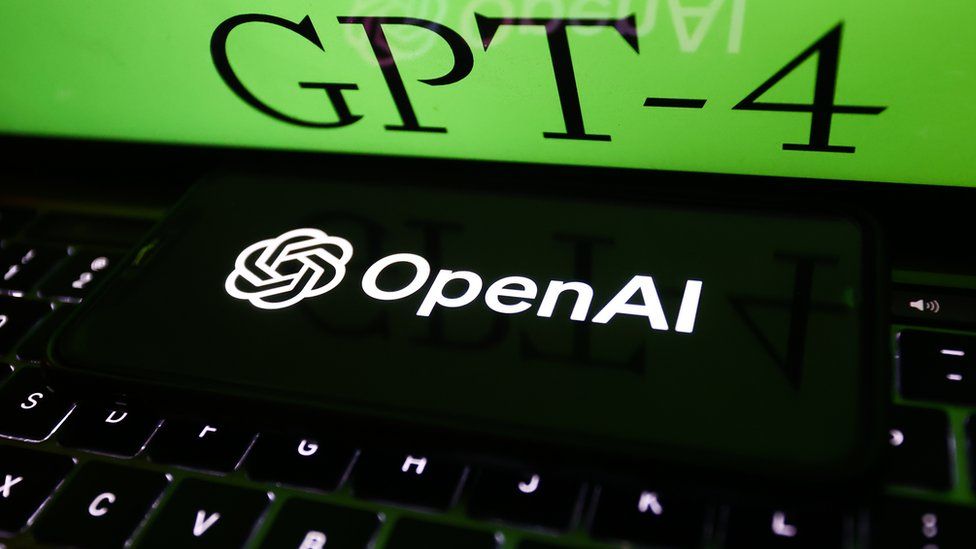
GPT-4's performance in the knowledge test of evidence-based HRM practices
How did GPT-4 perform in the knowledge test of evidence-based HRM practices? Let's check it out.

Employee feedback analysis using tools from OpenAI
How to use GPT and embeddings from OpenAI for identifying topics and related sentiments in employee feedback.

When flawed statistical & causal reasoning leads to a valid conclusion anyway
Comparison of Glassdoor ratings from current and former employees.

In need of multilevel correlations?
A post about a great R package to reach for when you need to calculate correlations on nested data.

Consequences of time management in the workplace
Some interesting insights from a meta-analytic review of the consequences of time management behaviors in the workplace.

Interpretable machine learning with modelStudio
There's a new kid on the block in the R ecosystem that can help analysts understand the behavior of their ML models.
Ask your personality using GPT
Can Generative AI like GPT meaningfully interpret personality profiles?

Effectiveness of interventions for encreasing employee engagement
What evidence do we have for the effectiveness of interventions for increasing employee engagement? Let's check it out.

Where do managers put on their rose-tinted glasses the most?
In which areas are managers and leaders prone to overconfidence, and how can this overconfidence potentially impact team functioning? Let's check some data to address this question.

Estimating the impact of a new business app by piloting & method of difference-in-differences
What is the benefit of using the difference-in-differences method in combination with piloting a new business app, and how can this help estimate the app's effectiveness on key outcomes like time spent with prospects or closed deals?

Are there meeting “yes-men”?
One of our clients was struggling with meeting overload and wanted to know if the people who attend too many meetings are the kind of "yes-men" who just can't say no to meeting invites. You know the type - always saying "yes" and never protecting their precious time. What did they find?

Impact of employee satisfaction at work on a company's bottom line
While there is evidence supporting the connection between employee satisfaction and a company's bottom line, it's essential to determine whether higher satisfaction directly causes better performance. Is there some evidence for that? Let's check it out.
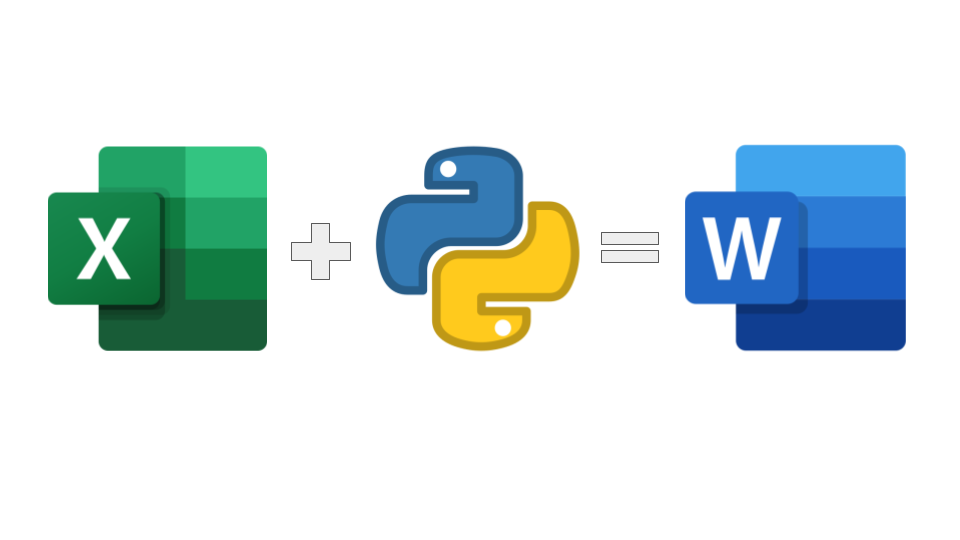
Excel + Python = Word Document
Using combination of Excel and Python for semi-automatic Word document generation.

Employee outcomes & employees' job attitudes
What employee outcomes are predicted by what employees' job attitudes? Let's check it out.

Effectiveness of micro-breaks at work
Quite satisfying news from a meta-analysis on the efficacy of micro-breaks for increasing well-being and performance in the workplace.

Not-so-hidden cost of working in an office
Just a few data-backed thoughts on why many of us may often feel more distracted when working in an office.

Using ChatGPT to summarize and explore employee feedback?
What's the potential use of tools like ChatGPT in analyzing open-ended feedback from employee engagement and satisfaction surveys? Let's take a look at the result of my little experiment in this area.

Where to look first when considering meeting reset?
Let's briefly discuss the potential benefits of focusing on optimizing large recurring meetings to save time in the workplace.

HRM value chain and structural equation modeling - Moneyball case
What's the link between the HRM value chain and structural equation modeling? Let’s check it out.
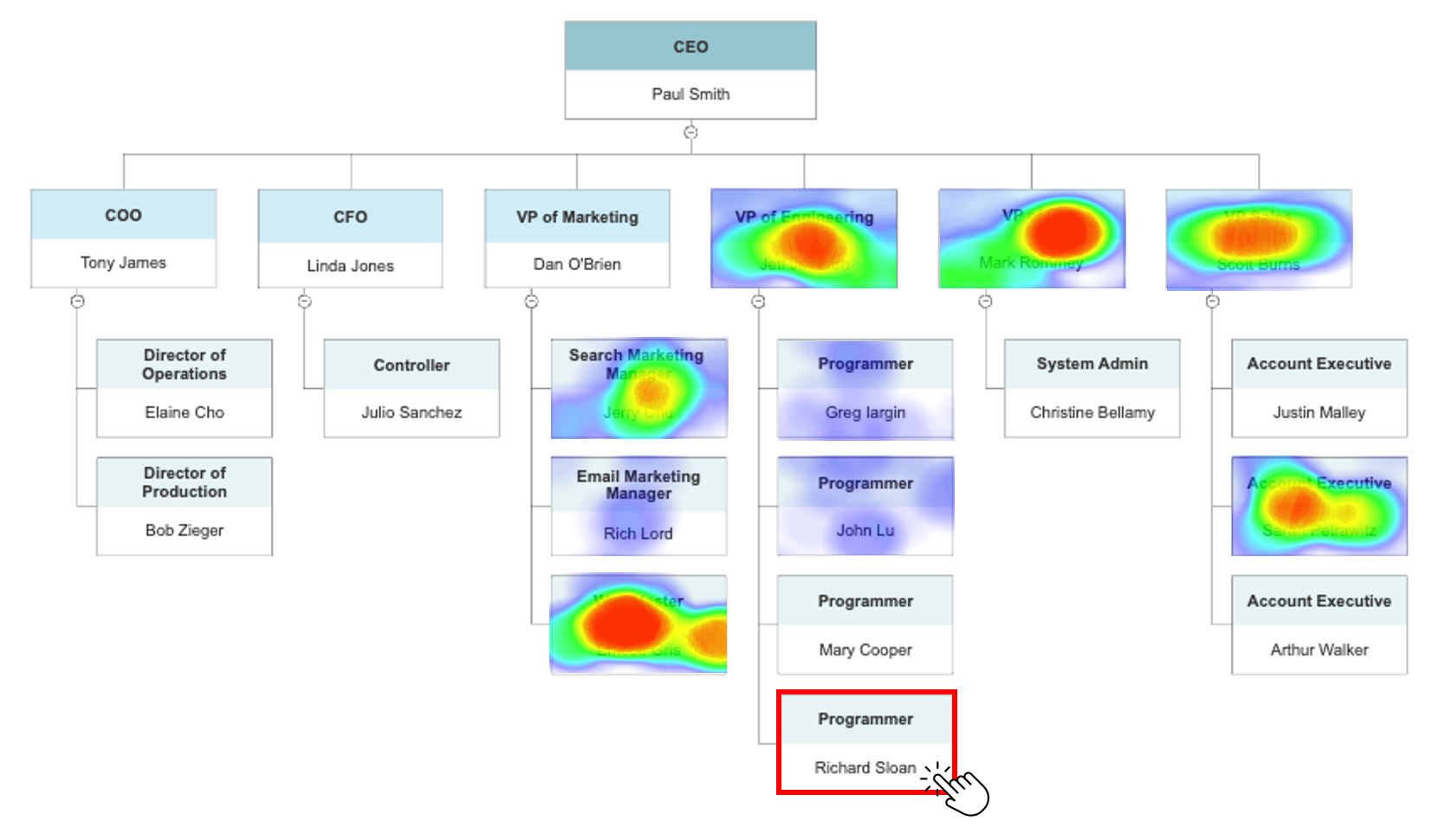
Org chart and collaboration
How to effectively combine information about the formal organizational structure of a company and the actual collaborative activities of its employees?

Span of control and collaboration data
How can collaboration data be used to determine the "optimal" scope of control?

Attaching numbers to best practices for instant messaging
Slack and other instant messaging platforms can be both a blessing and a curse. Can we attach numbers to some of the recommendations on how to use them effectively? Let's take a look.

Always messaging
Let's take a look at two concepts from computer science that can be used in the workplace to improve people's focus and productivity, and expose two methods for measuring their related behaviors when collaborating on instant messaging platforms.

Warning system for overloaded employees
What tools and/or signals can we use to identify employees at increased risk of overload? Let's take a look at some of the options we have in this regard.

Evaluation of the results of the evidence-based HRM knowledge test
Have we made any progress in knowledge of evidence-based HRM practices in the last 20 years? Apparently not. But let's look at the details.

How to improve effectiveness of meetings?
What suggestions do people have for improving the effectiveness of meetings? Let's check it out.

Why are meetings in/effective?
If you are a regular organiser or attendee of meetings, you may be interested in what people think about the reasons why the meetings they attend are in/effective, as this can give you a better chance of contributing to making your meetings more effective and meaningful for you and others.

Signals of a good manager
Do you think it's possible to find signals in collaboration (meta)data that someone is a good manager? Let's give it some thought.

Evidence-based HRM knowledge test
Interested in testing your knowledge of evidence-based HRM practices? If so, click and get started.

Can you really unplug?
With the Christmas holidays approaching, the following question is more relevant than ever, with the exception of the summer vacations: Can we really disconnect from work during the vacations? And what can collaboration data tell us about this?

One does not simply do a business without getting lost
Breaking down one weekend association.

How to quickly navigate dashboard users to what they need to know?
Let's take a look at some tips and tricks to make dasboards more useful for their users.
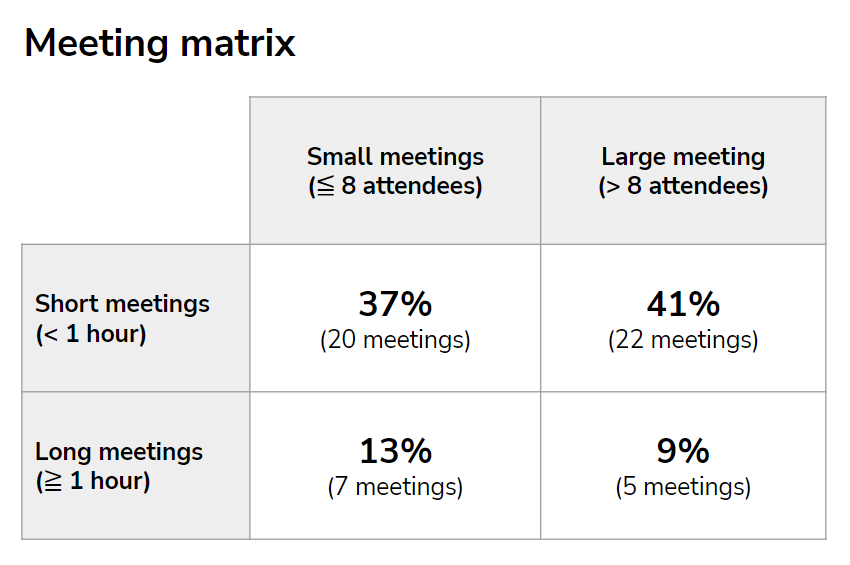
Eisenhower matrix for meetings
Meet the Eisenhower matrix for meetings ;)

Some resources on staff retention and downsizing
Probably due to the current situation in the talent market, where many companies are laying people off and at the same time are worried about losing their key employees, a few people have contacted me in recent weeks asking for some tips on evidence-based approaches to dealing with retention and downsizing.

Evidence-based interventions that help reduce the gender pay gap
Pay inequality between men and women is not only an ethical and legal issue for companies, but also a marketing issue - it can have a negative impact on their "employer brand" and attractiveness as an employer. This means that if companies want to attract and retain talented employees, they must be able to ensure that they treat men and women equally in this respect. Let's look at what the existing evidence tells us about what might help us with this.
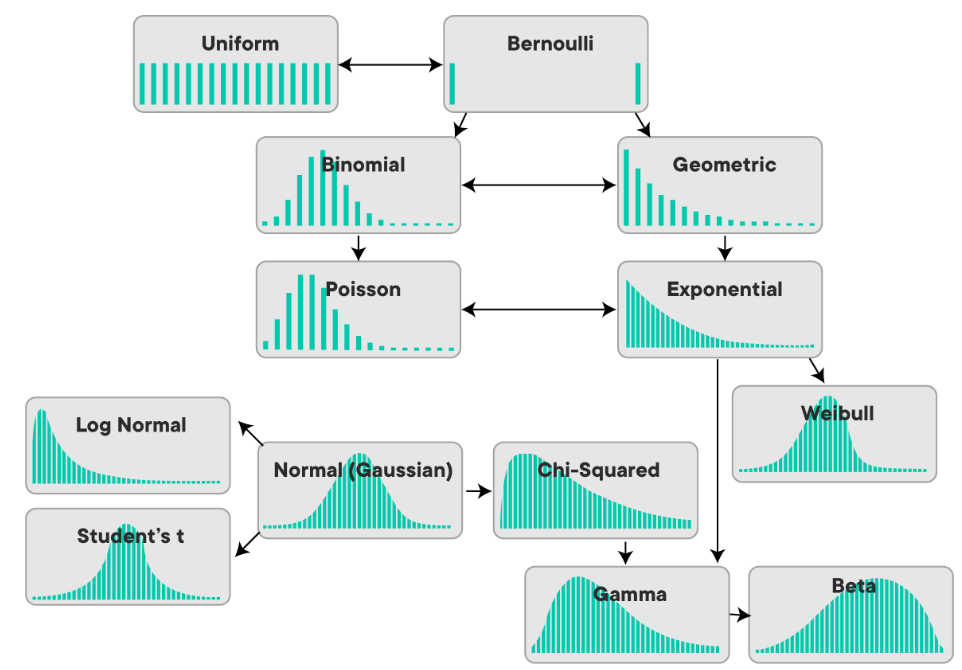
It's perfectly normal not to be normal
And it definitely applies to the shape of the distribution of many HR metrics. Let's look at this in a little more detail.
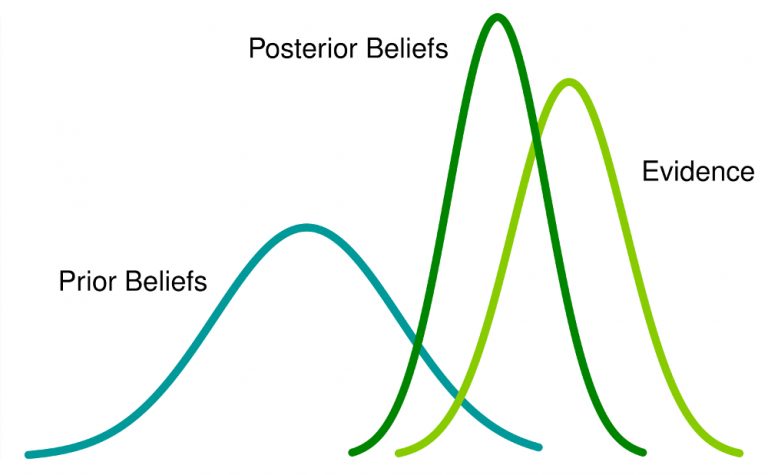
A visual introduction to Bayesian belief updating
Teacher: "Bayesian belief updating involves combining existing or prior beliefs with an assessment of the strength of new evidence." Student: "And could I please see this in action?"

Police cadet evaluation dataset
A "new" real-world dataset useful for training in people analytics.
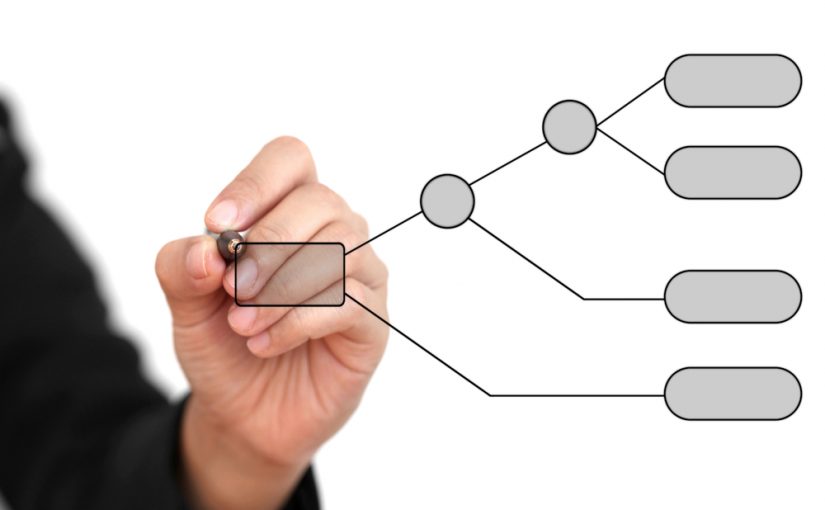
Divide and... understand
Finding the breakpoint when people start to score significantly higher/lower on a given criterion - the use case for the Conditional Inference Tree algorithm.

Timeboxing. Does it really work?
Checking with real-world collaboration data whether timeboxing has a protective function in terms of time available for focused work.

Multilevel modeling in people analytics
Don't chase (statistical) ghosts and use multilevel models instead!

Collaboration and personality
Personality is not fate, at least when it comes to the level of engagement in corporate communication and collaboration.
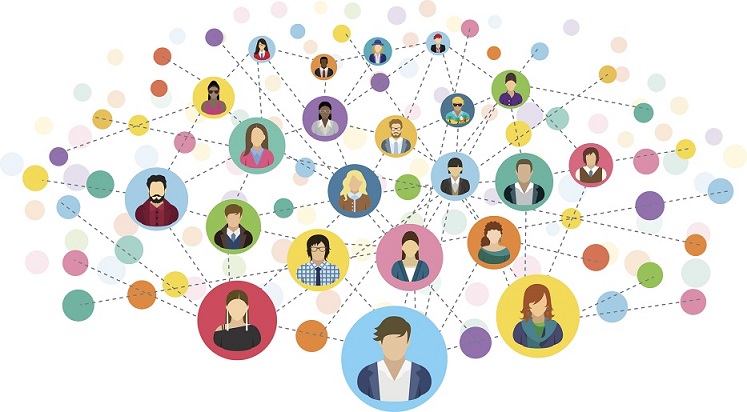
Hot spots of collaboration overload and collaboration bottlenecks and how to find them
One of the most useful insights that can be gleaned from collaboration data is where hot spots of potential collaboration overload and/or collaboration bottlenecks may exist in a company. Such insight can be especially valuable these days, when many companies are trying to fight the upcoming economic downturn by achieving more with less.
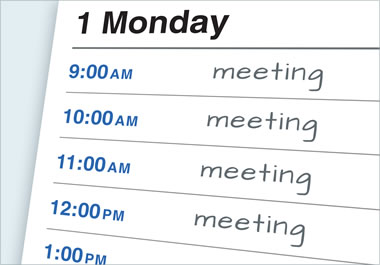
Are back-to-back meetings for good or bad?
A short post about the practice of back-to-back meetings and how to determine when it's for bad and when it's rather for good.

The impact of the COVID pandemic on the popularity of people analytics
Many people analytics professionals think that after the COVID pandemic, organizations are more willing to listen to their insights and recommendations. Can we find any empirical support for their hunch? Let's check it out with data provided by Google Trends and segmented regression analysis of interrupted time series.
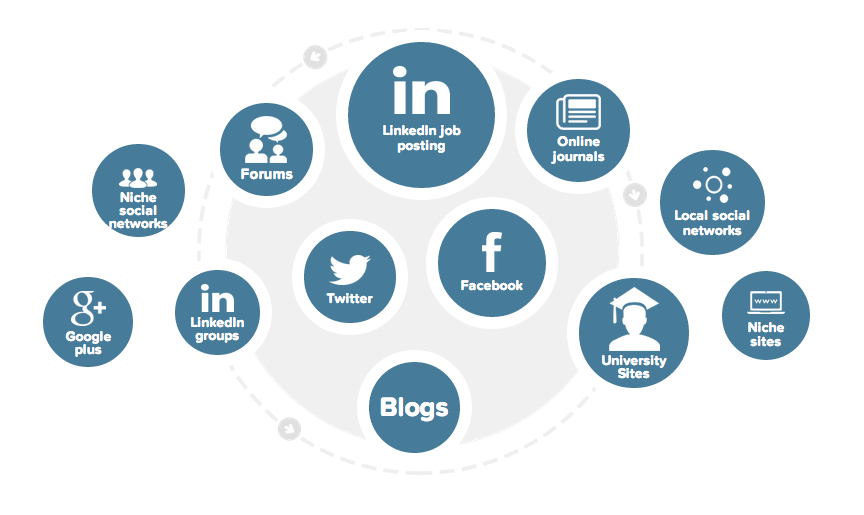
People Analytics Challenge from Orgnostic: Plan for high growth
A brief summary of my participation in Orgnostic's People Analytics Challenge.

Visual statistical inference
Visual statistical inference represents a valid alternative to standard statistical inference, and as a by-product it also helps with building intuition about the difference between signal and noise. Give it a try.

Standard vs. trend predictors
When modeling a phenomenon, one usually can't get by with just raw data but must use one's domain knowledge to select and transform the most relevant variables from raw data to be able to successfully grasp regularities in the domain of one's interest. Let's look at one simple example of such feature engineering from the domain of collaboration analytics.

Fighting meeting overload
One of the most effective ways to fight meeting overload is to better plan meetings in terms of the time we spend in them. Let's look at how data can tell us how much room for improvement we have in this area.
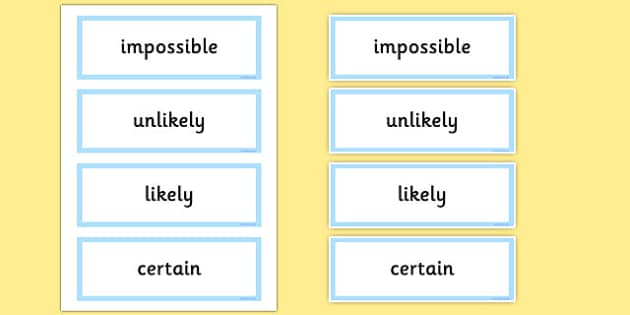
How do we perceive probability words?
Have you ever wondered exactly how much chance of success people give a project when they say they believe in it? If so, then you may find this post useful, as it attempts to answer that question at least in part with data.
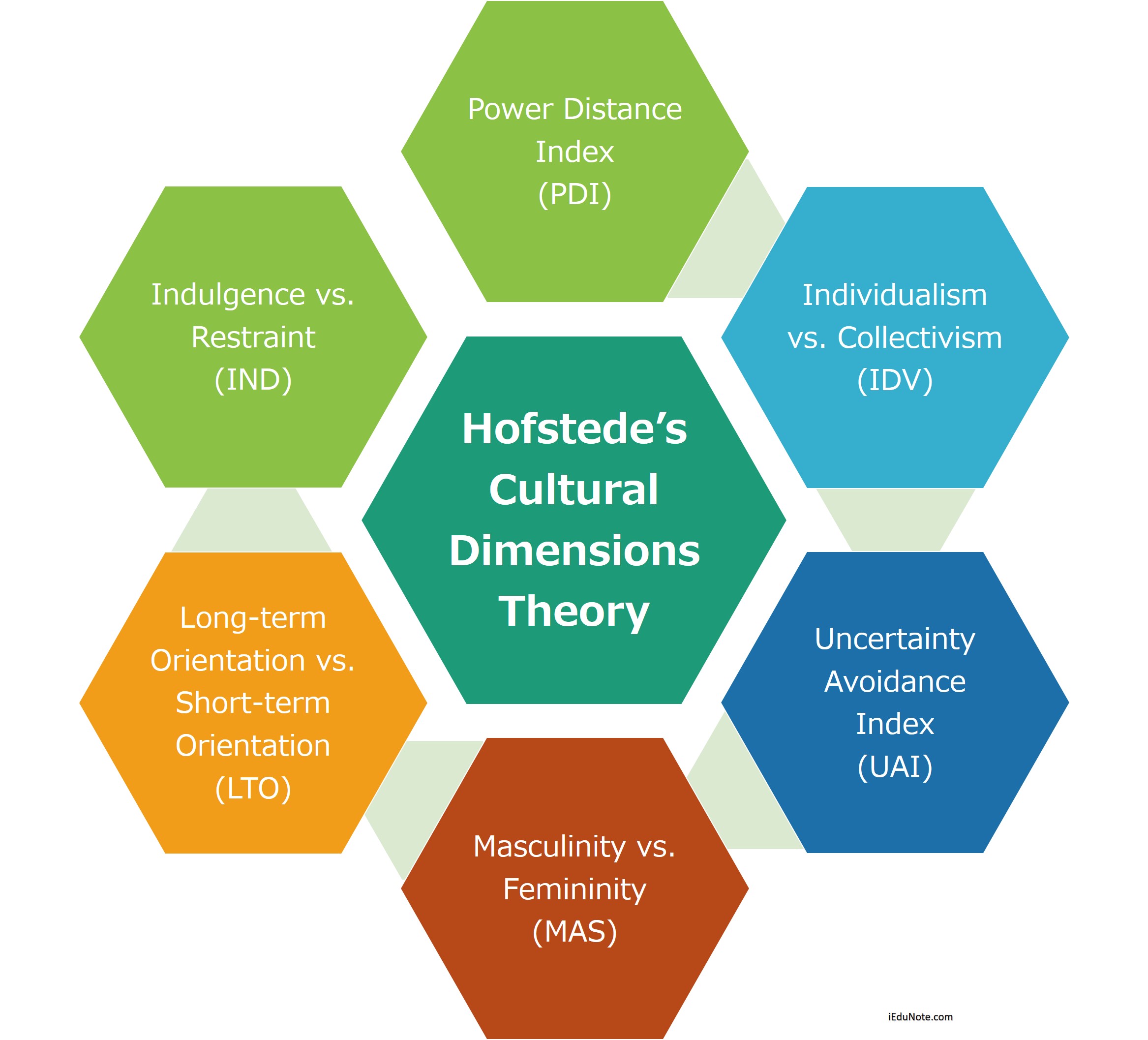
Hofstede's theory of cultural dimensions
Cultural diversity brings both positive effects and some challenges. To deal with the latter, it is useful to have some kind of map to help people better navigate the cultural specificities of people from different societies. Hofstede's theory of cultural dimensions is useful for such a purpose. Let's check how dis/similar countries are on these cultural dimensions with a simple app that could help us better understand, manage and appreciate cultural differences a little better.
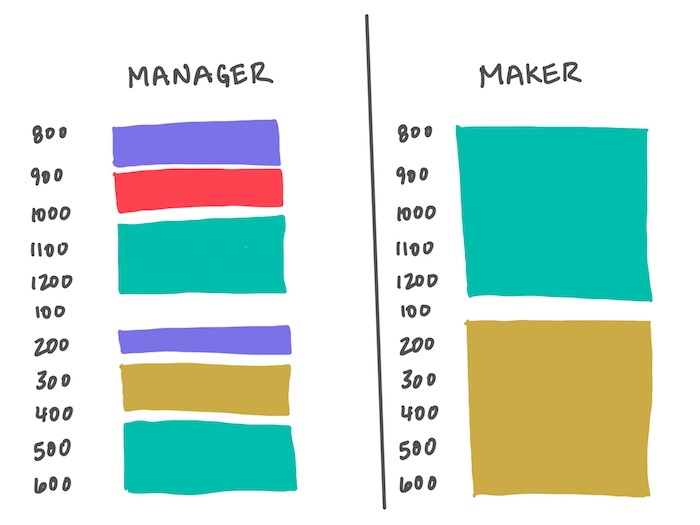
Makers' schedule and managers' schedule in collaboration data
Many of us have probably already heard of Paul Graham's two types of schedules - one that meets the needs of makers and one that meets the needs of managers. But can these two types of schedules be found in any real collaborative data? Let's find out.

R Shiny app for LinkedIn connections analysis
An introduction of a simple R Shiny application for analysing LinkedIn connections.

Overview of predictors of voluntary employee turnover
An introduction of a simple R Shiny application to facilitate extraction and digestion of information from meta-analysis of predictors of voluntary employee turnover.

Firemní audit rozdílu mezi platy mužů a žen
Platová nerovnost mezi muži a ženami není pro firmy jen záležitostí etickou a právní, ale také marketingovou - může mít totiž negativní dopad na jejich "employer brand" a atraktivitu coby zaměstnavatele. To znamená, že pokud firmy chtějí přilákat a také si udržet talentované zaměstnance, musí být schopny zajistit, že se u nich s muži a ženami bude v tomto ohledu zacházet stejně. Prvním krokem k tomu je zjistit, jak velký je rozdíl mezi platy mužů a žen ve firmě a do jaké míry ho lze vysvětlit jinými faktory než je samotné pohlaví zaměstnance. V tomto článku demonstruji, jak takovou analýzu provést s pomocí analytického nástroje R a dat, která má většina firem běžně k dispozici. Stručně se zmiňuji rovněž o tom, jaké mohou být případné další kroky a doporučení vyplývající z výsledků provedné analýzy.

Modeling impact of the COVID-19 pandemic on people’s interest in work-life balance and well-being
Illustration of Bayesian segmented regression analysis of interrupted time series data with a testing hypothesis about the impact of the COVID-19 pandemic on increase in people's search interest in work-life balance and well-being.

HR analytika a odchodovost zaměstnanců
Které faktory přispívají k odchodovosti zaměstnanců a u kterých konkrétních zaměstnanců je zvýšené riziko, že firmu během několika příštích měsíců opustí? Na tyto otázky se čím dál tím více firem snaží odpovědět pomocí analýzy dat o svých vlastních zaměstnancích. V tomto článku se prostřednictvím analytického nástroje R a vizualizačního nástroje Shiny podíváme, jak může být tento druh HR analytického projektu pro firmy užitečný.

Moneyball v HR
Přes popularitu tématu HR analytiky mezi HR profesionály je stále relativně málo společností, které HR analytiku reálně a systematicky využívají. Jednou z možných příčin je to, že tradiční HR mnohdy postrádá analytický mindset a některé z kompetencí, které jsou klíčové pro úspěšnou realizaci HR analytických projektů. V takové situaci může být užitečné podívat se ve větším detailu na celkovou logiku i na konkrétní analytické kroky nějakého úspěšného příkladu využití HR analytiky k optimalizaci některého z HR procesů s pozitivním dopadem na obchodní výsledky společnosti. V tomto článku se tímto způsobem podíváme na známý příběh oaklandského baseballového týmu "Áček", jehož management poměrně radikálně - a podle všeho i úspěšně - přehodnotil svůj dosavadní přístup k výběru nových hráčů na základě výstupů statistické analýzy sabermetrických dat o herním chování hráčů. Využijeme při tom volně dostupný statistický software R a veřejně dostupnou databázi historických údajů o výsledcích v americké baseballové lize.
Subscribe
Categories
- Articles (173)
- actionability (1)
- agentic ai (3)
- agile (1)
- agreeableness (1)
- ai (11)
- ai agent (1)
- aihr (1)
- anxiety (1)
- artificial neural networks (1)
- assessment (2)
- astrology (1)
- attitude-behavior gap (1)
- attrition (1)
- automation (1)
- back-to-back meetings (1)
- bayesian belief updating (1)
- bayesian brain hypothesis (1)
- bayesian inference (7)
- bayesian networks (1)
- bayesian statistics (4)
- behavioral data (1)
- behavioral science (2)
- bertopic (1)
- best practices (1)
- bias (1)
- big five (6)
- blind spots (1)
- book tip (1)
- brexit (1)
- burnout (1)
- business process simulation (1)
- calendar (1)
- candidate experience (1)
- career advisory (1)
- career counseling (1)
- career pathing (2)
- career site (1)
- causal analysis (1)
- causal identification (1)
- causal inference (12)
- causal ml (1)
- causality (4)
- causalpy (2)
- centrality measures (1)
- change (1)
- change detection (1)
- chatgpt (2)
- clustering (1)
- cognitive biases (1)
- cognitive diversity (1)
- cognitive science (3)
- cognitive styles (2)
- collaboration (9)
- collaboration bottlenecks (1)
- collaboration culture (1)
- collaboration data (4)
- collaboration overload (1)
- collective intelligence (1)
- communication (1)
- computational psychiatry (1)
- computerized adaptive testing (1)
- conditional inference tree (1)
- conference (1)
- conspiracy theories (1)
- consulting (1)
- contextualization (1)
- control variables (1)
- convolutional neural networks (1)
- corporate culture (2)
- correlation (1)
- correlation analysis (1)
- counterproductive work behavior (1)
- covid pandemic (2)
- creativity (1)
- critical thinking (2)
- cross-cultural differences (1)
- crosscultural communication (1)
- cultural awareness (1)
- cultural diversity (1)
- culture (1)
- culture values (1)
- dag (1)
- dashboard (1)
- data (1)
- data-driven decision-making (1)
- data-driven HR (1)
- data analysis (1)
- data exploration (1)
- data literacy (1)
- data science (5)
- data visualization (5)
- data vizualization (1)
- decision-making (1)
- decision making (2)
- decision tree (1)
- deep neural networks (1)
- deloitte (1)
- demographics (1)
- derailers (1)
- descriptive statistics (1)
- development (1)
- difference-in-differences (1)
- difference in differences (1)
- dimensionality reduction (1)
- distraction (1)
- distractions (1)
- diversity (1)
- document (1)
- double machine learning (1)
- downsizing (1)
- earnings (1)
- econml (1)
- econometrics (1)
- education (2)
- email communication (1)
- embeddings (4)
- employee attrition (3)
- employee data (1)
- employee development (1)
- employee engagement (5)
- employee experience (7)
- employee feedback (2)
- employee listening (2)
- employee retention (1)
- employee satisfaction (5)
- employee selection (4)
- employee survey (10)
- employee turnover (9)
- employee withdrawal (1)
- engagement (1)
- engagement survey (1)
- enneagram (1)
- epistemology (1)
- eurozone (1)
- evidence-based hr (1)
- evidence-based HR (1)
- evidence-based management (7)
- excel (1)
- exit survey (1)
- experiments (1)
- explainability (1)
- exploration vs exploration trade-off (1)
- expressiveness (1)
- external networks (1)
- extraversion (1)
- facial recognition (1)
- faking (1)
- feature engineering (1)
- feature selection (1)
- feedback (2)
- feedback analysis (1)
- field experiment (3)
- flexible work (1)
- focus time (3)
- forecasting (2)
- fun with data (1)
- future of work (1)
- gdp (1)
- genai (3)
- gender discrimination (1)
- gender pay audit (1)
- gender pay gap (2)
- generative ai (7)
- glassdoor (4)
- global hc trends (1)
- goal setting (1)
- goals (1)
- google (1)
- google trends (2)
- gpt (6)
- graph analysis (1)
- great resignation (1)
- happiness (1)
- happiness research (1)
- heterogeneity (1)
- hexaco (1)
- hierarchical analysis (1)
- hierarchical modeling (1)
- hiring (1)
- hogan (1)
- hogan assessment (2)
- hogan development survey (1)
- hogan personality inventory (1)
- hpi (2)
- hr analytics (2)
- hr data (1)
- hr management (3)
- hr metrics (3)
- hr practices (1)
- hr reporting (1)
- hrm (1)
- hrm value chain (1)
- i/o psychology (4)
- in-office work (1)
- innovation (2)
- insights discovery (1)
- instant messaging (2)
- intercultural psychology (1)
- international management (1)
- interpretability (3)
- interpretable ml (1)
- interrupted time series data (1)
- interventions (1)
- introversion (1)
- io psychology (1)
- ipip (2)
- item response theory (1)
- job-person fit (1)
- job attitudes (1)
- job control (1)
- job demands (1)
- job fit (1)
- job market (1)
- job performance (4)
- job satisfaction (1)
- job selection (1)
- judgment (1)
- key drivers analysis (1)
- labor economics (1)
- latent class analysis (1)
- layoffs (2)
- leadership (3)
- leadership effectiveness (3)
- leadership emergence (1)
- leadership judgement indicator (1)
- leadership risks (1)
- learning and development (2)
- learning by doing (1)
- life satisfaction (1)
- linkedin (2)
- llm (6)
- longitudinal research (1)
- machine learning (10)
- makers and managers (1)
- manager (2)
- market basket analysis (1)
- mbti (1)
- measurement (3)
- meeting culture (5)
- meeting effectiveness (1)
- meeting habits (1)
- meeting overload (5)
- meeting planning (1)
- meeting reset (1)
- meetings (3)
- meta-analysis (21)
- metrics (1)
- micro-break (1)
- mindfulness (1)
- mission (1)
- mixed models (1)
- ml interpretability (1)
- ml interpretation (1)
- motivation (4)
- multi-rater feedback (1)
- multilevel analysis (1)
- multilevel modeling (2)
- multivariate regression analysis (1)
- mvpi (1)
- nerd rant (1)
- nested data (1)
- netlogo (1)
- network analysis (4)
- network modeling (1)
- networking (1)
- networking behavior (1)
- networks (1)
- neuroticism (1)
- nlp (4)
- nobel prize (1)
- nonlinearity (1)
- normal distribution (1)
- oecd (1)
- ona (1)
- onboarding (1)
- open science (2)
- openai (3)
- operationalization (1)
- org chart (1)
- organisational network analysis (1)
- organizational analytics (1)
- organizational behavior (1)
- organizational citizenship behavior (1)
- organizational network analysis (2)
- organizational science (2)
- organizational structure (1)
- overload (1)
- oxygen project (1)
- p-values (1)
- panel data (1)
- partial correlation networks (1)
- path analysis (1)
- people analytics (11)
- people management (5)
- perception (1)
- perfomance (1)
- performance (7)
- performance evaluation (1)
- performance management (4)
- persistence (1)
- personality (17)
- personality psychology (1)
- personas (1)
- pilot program (1)
- positive psychology (1)
- power bi (1)
- prediction (2)
- prediction models (1)
- predictive analytics (2)
- predictive models (1)
- predictive validity (3)
- probabilistic graphical models (1)
- probability (1)
- project management (1)
- prompt engineering (1)
- propensity score (1)
- proxy measures (1)
- psychological safety (1)
- psychology (2)
- psychometric network analysis (1)
- psychometrics (10)
- purpose (1)
- pymc (1)
- python (20)
- r (30)
- rationality (1)
- rct (1)
- recruitment (2)
- recruitment channels (1)
- regression analysis (2)
- regression to the mean (1)
- relative weights analysis (1)
- remote work (1)
- reproducibility (1)
- resolution (2)
- response style (1)
- retention (2)
- review (1)
- rocket model (2)
- schedule types (1)
- scientific thinking (1)
- segmented regression (2)
- segmented regression analysis (1)
- selection bias (1)
- self-awareness (2)
- self-leadership (1)
- self-organizing maps (1)
- self-selection (1)
- sentiment analysis (1)
- shiny (2)
- shiny app (7)
- signal and noise (1)
- similarity attraction (1)
- simulation (2)
- siop (1)
- skills (3)
- skills-based organization (1)
- skills taxonomy (1)
- slack (1)
- social network analysis (2)
- social psychology (1)
- span of control (1)
- sport (1)
- sprint (1)
- statistical analysis (1)
- statistical inference (2)
- statistics (1)
- storytelling (1)
- streamlit (1)
- stress (1)
- structural equation modeling (2)
- subjective career success (1)
- survey data (1)
- surveys (1)
- synthetic control (1)
- systematic review (1)
- talent management (1)
- team (1)
- team assessment survey (2)
- team design (1)
- team development (1)
- team effectiveness (1)
- team efficiency (1)
- team learning (1)
- team management (1)
- team performance (2)
- team profile analysis (1)
- tenure (1)
- thinking out loud (1)
- thinking tools (1)
- time management (2)
- time series (1)
- time series data (2)
- timeblocking (1)
- timeboxing (1)
- topic analysis (4)
- topic modeling (1)
- training (1)
- turnover prediction (1)
- turnover predictors (1)
- typology (1)
- vacation (1)
- validity (3)
- value chain (1)
- variability (1)
- vector database (1)
- video interview (1)
- visual statistical inference (1)
- vocational interests (1)
- well-being (4)
- wellbeing (1)
- work-life balance (2)
- work-life satisfaction (1)
- work engagement (2)
- work habits (1)
- workforce planning (1)
- worklytics (1)
- workplace (2)
- xmr chart (1)
- zero-shot learning (1)